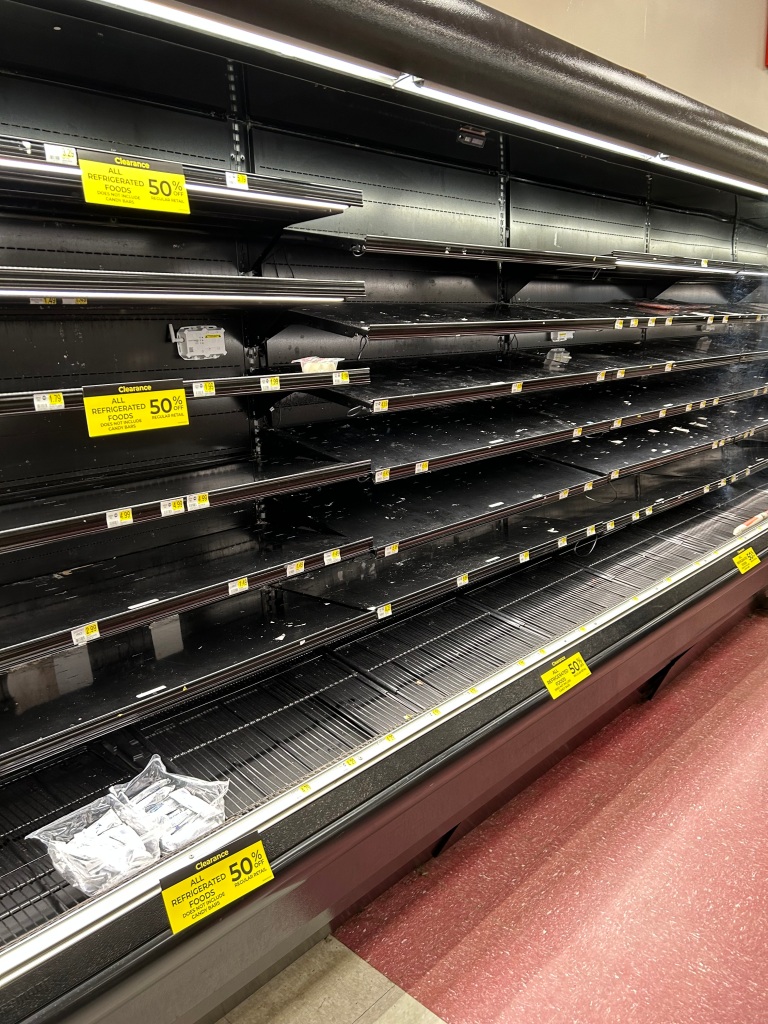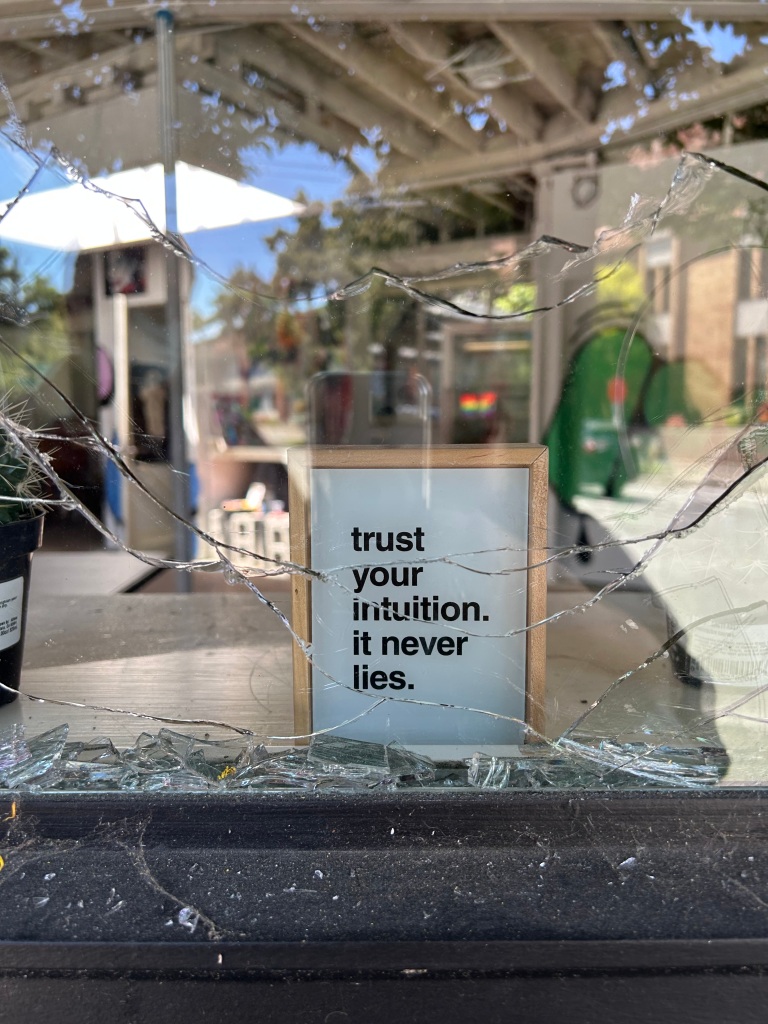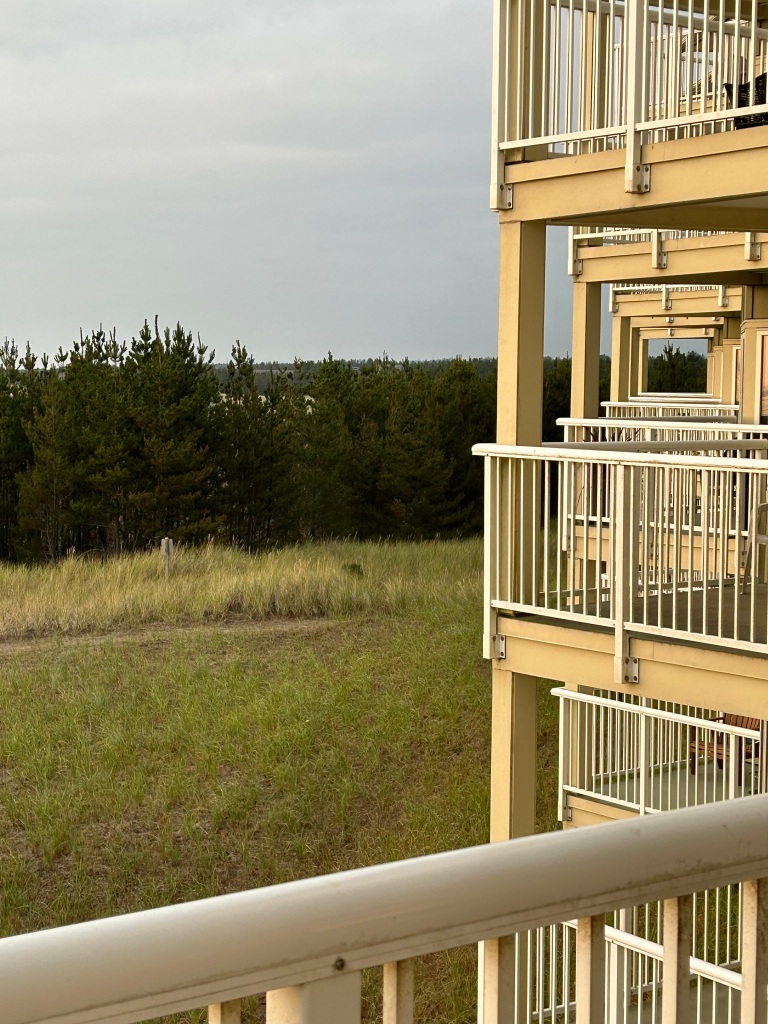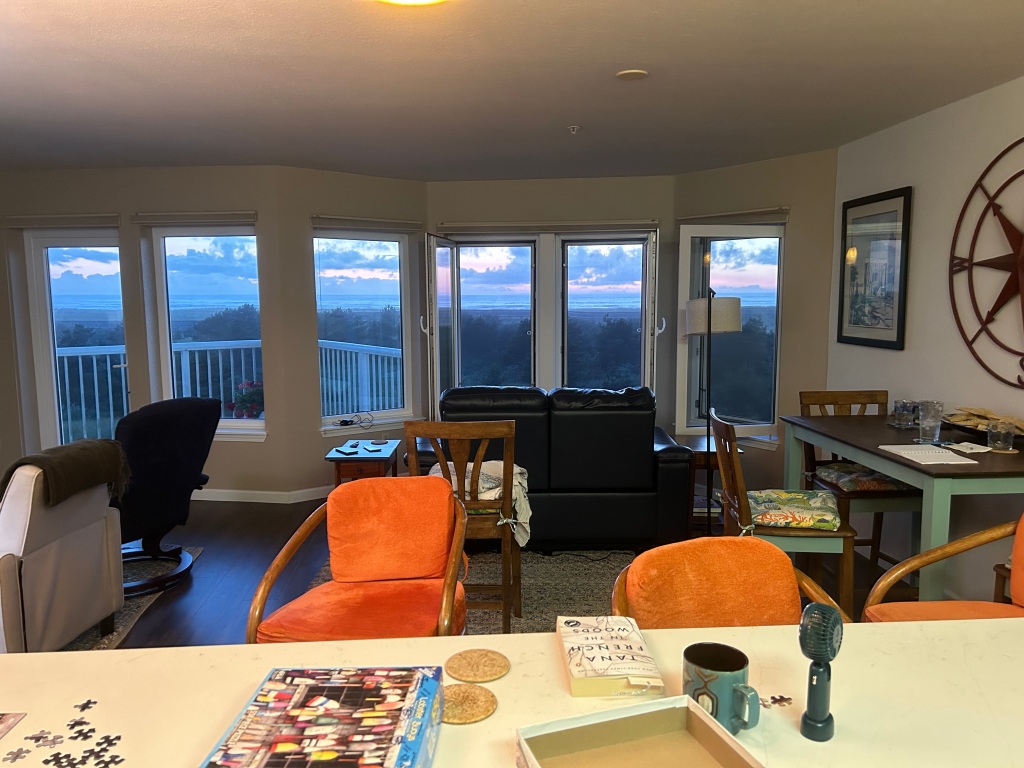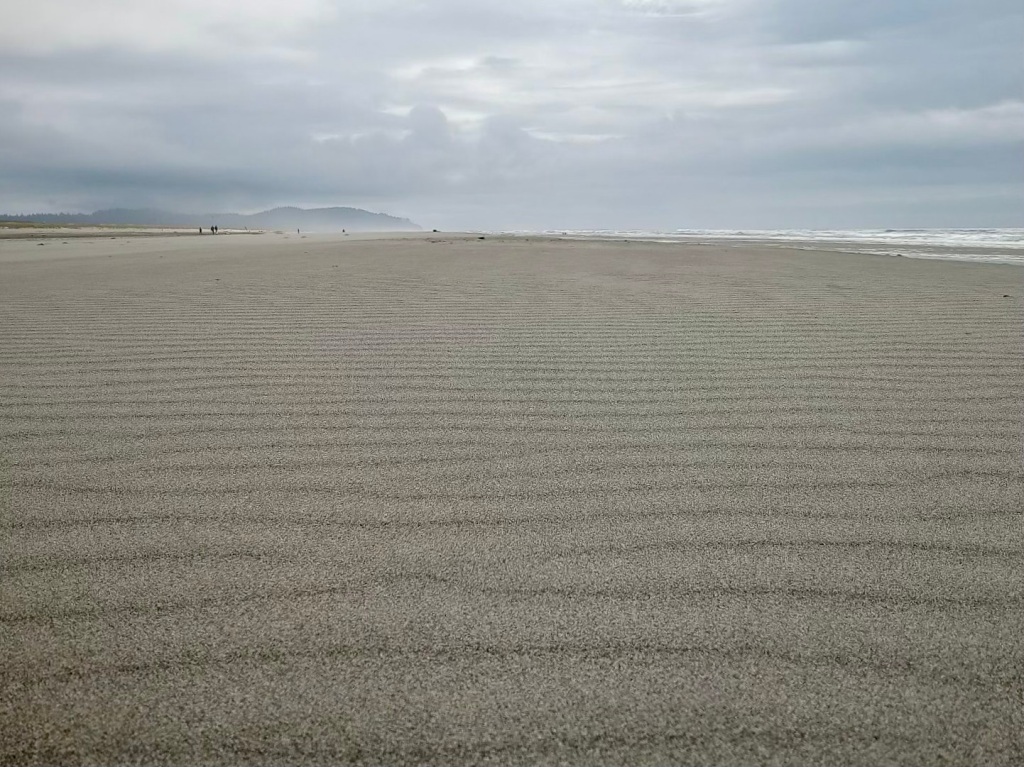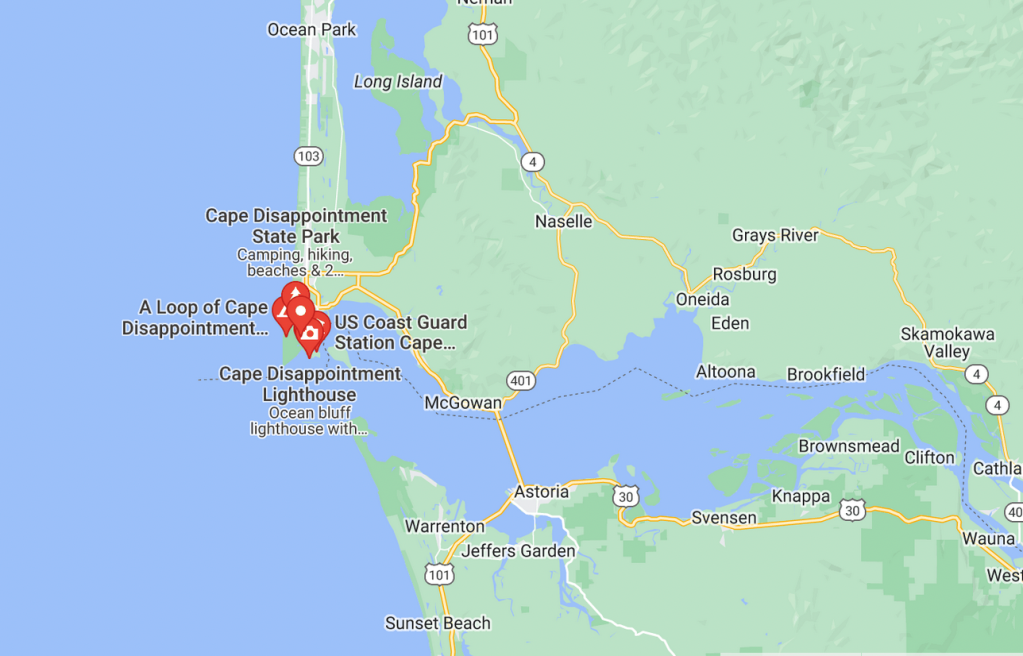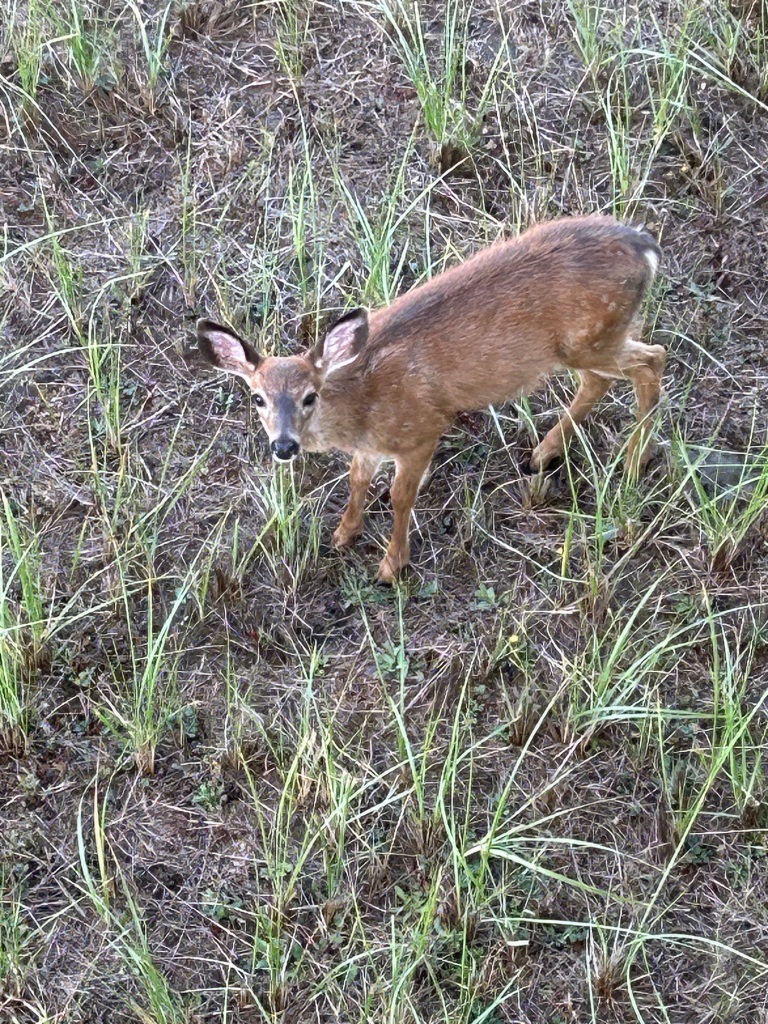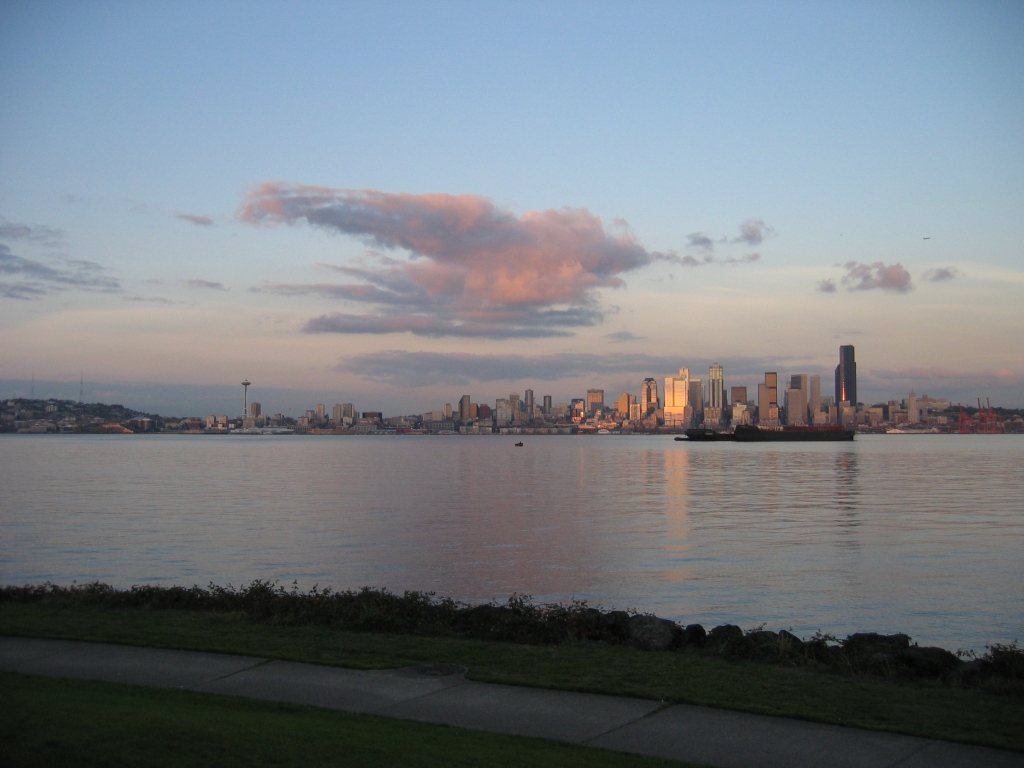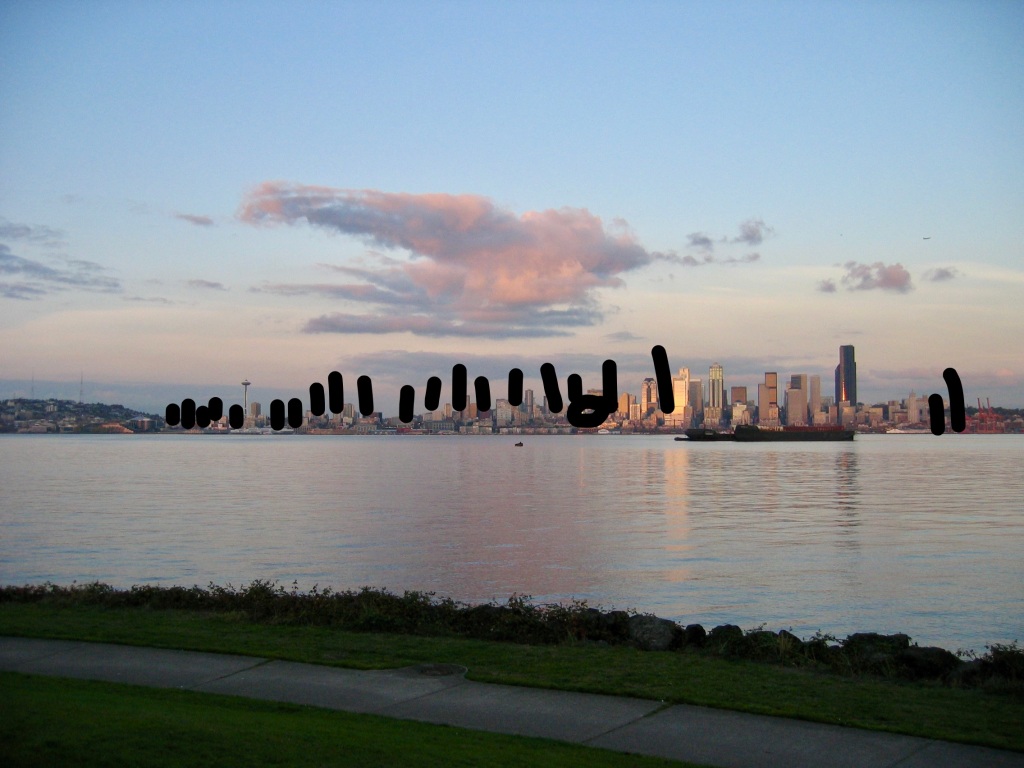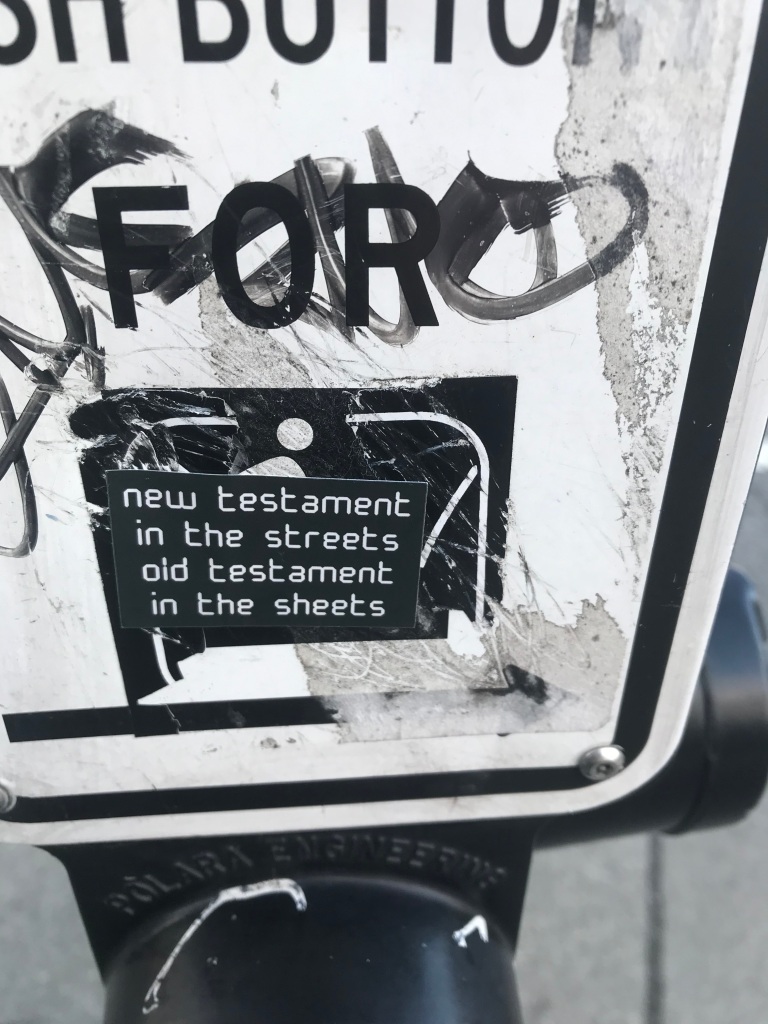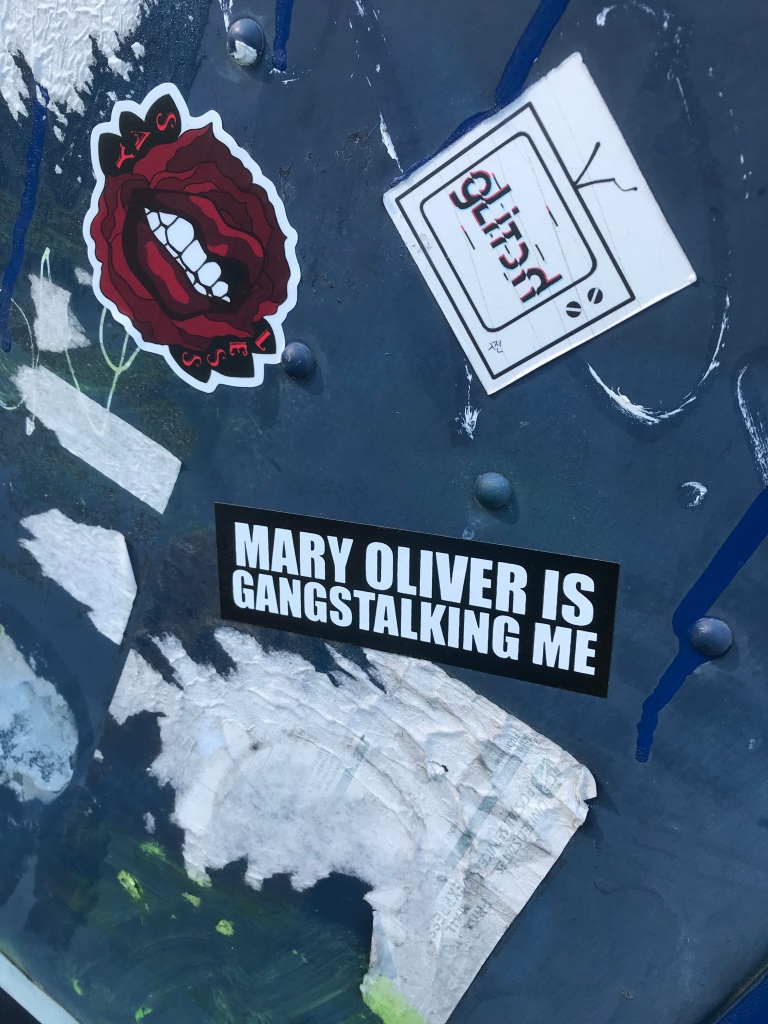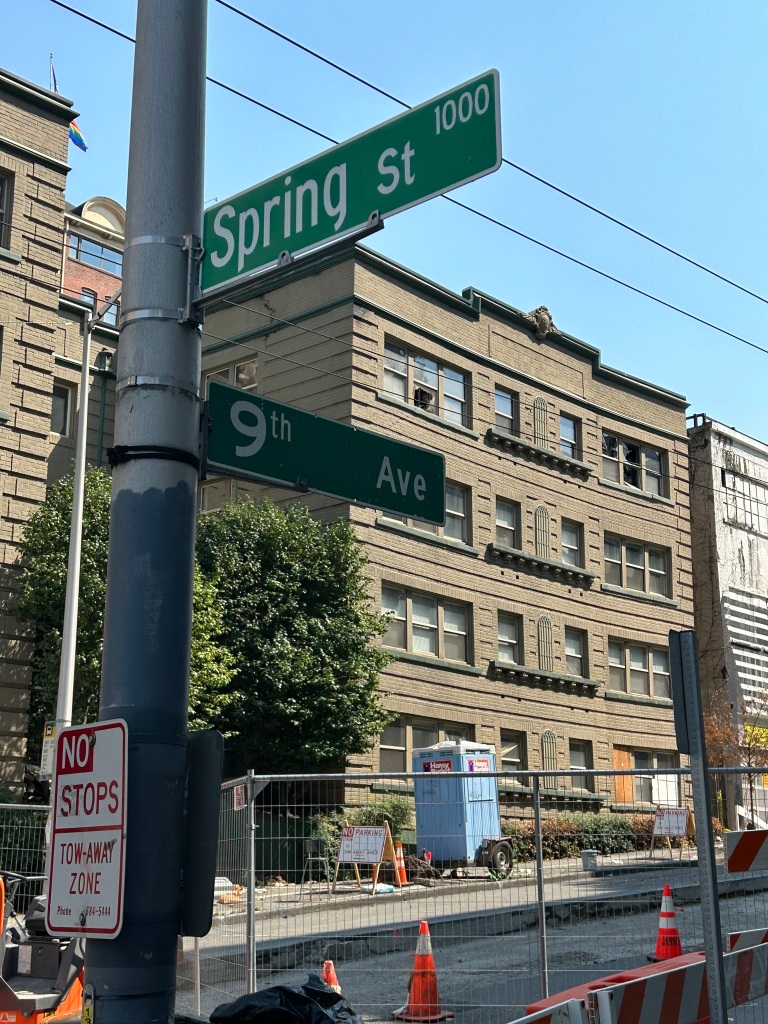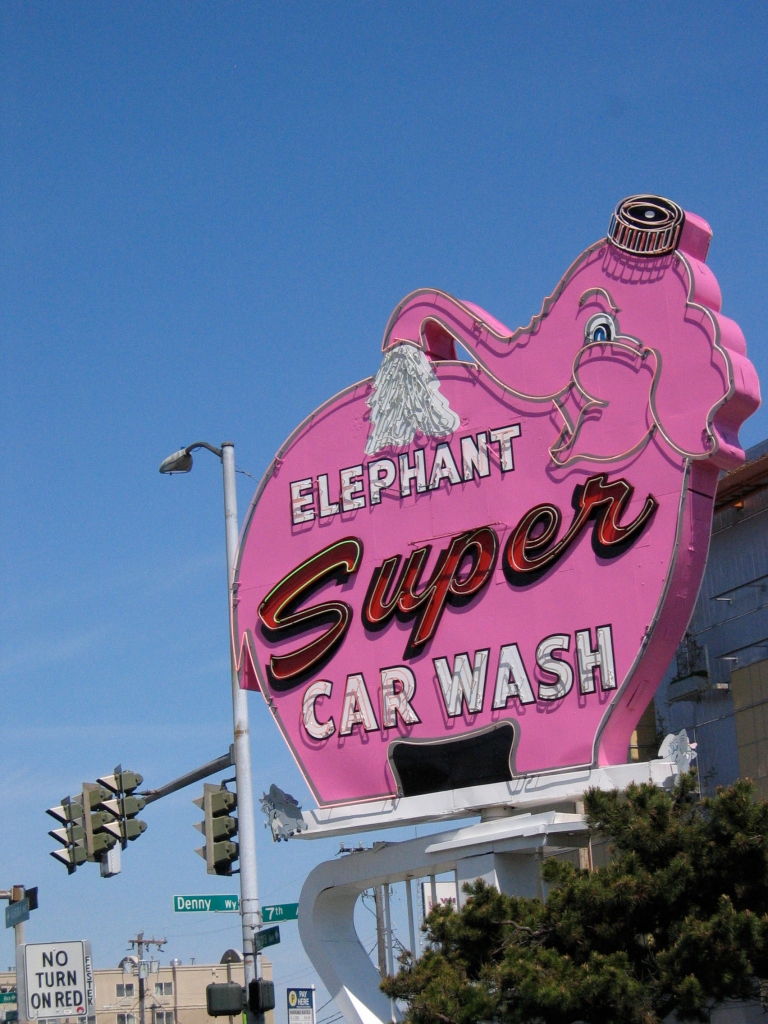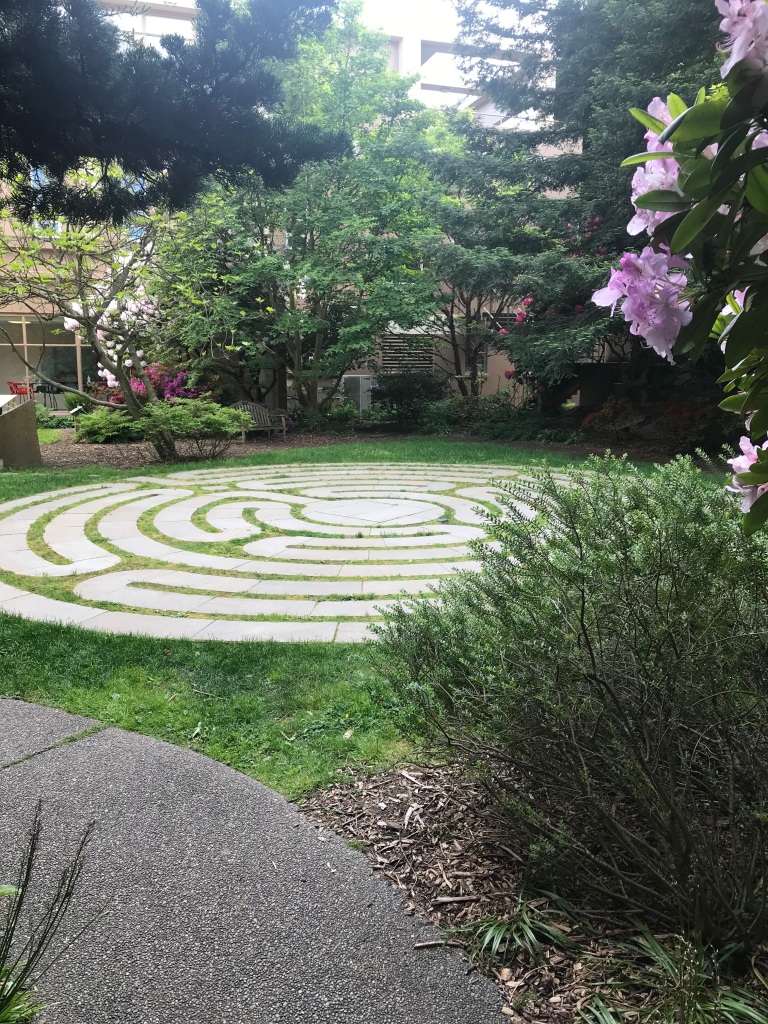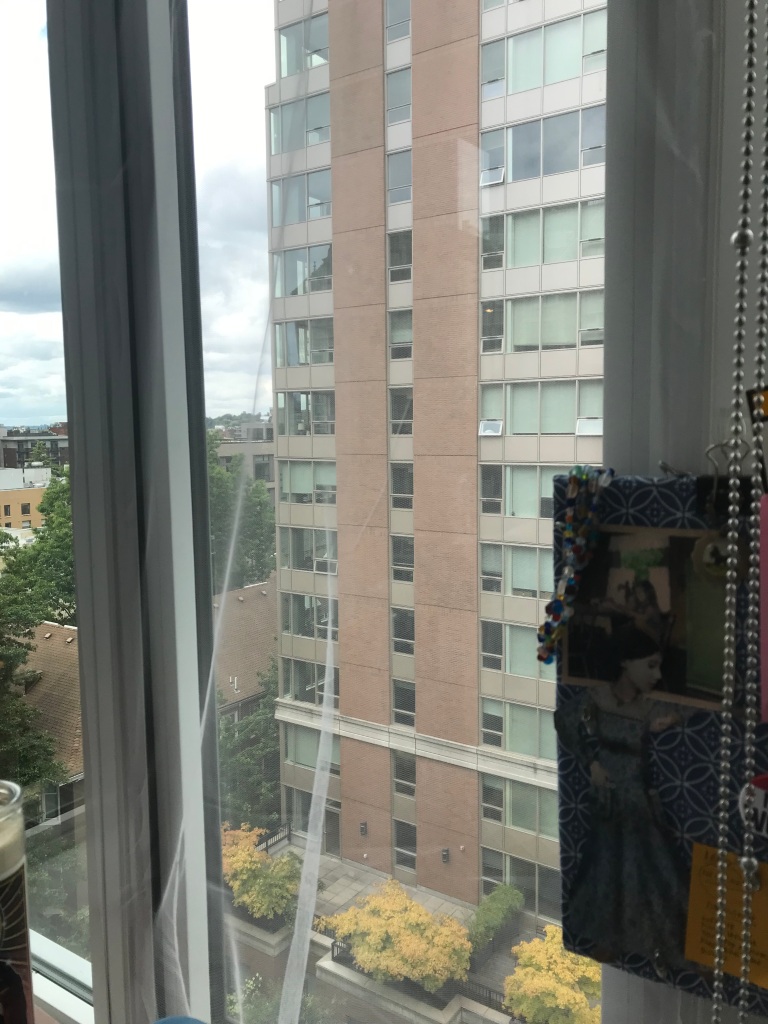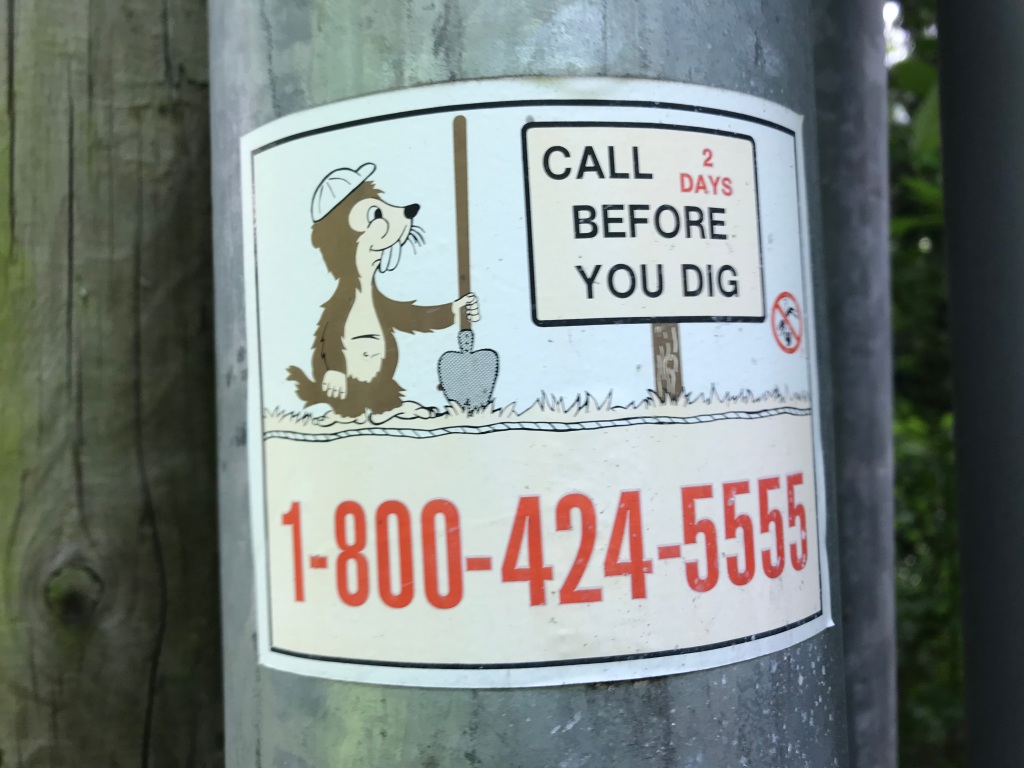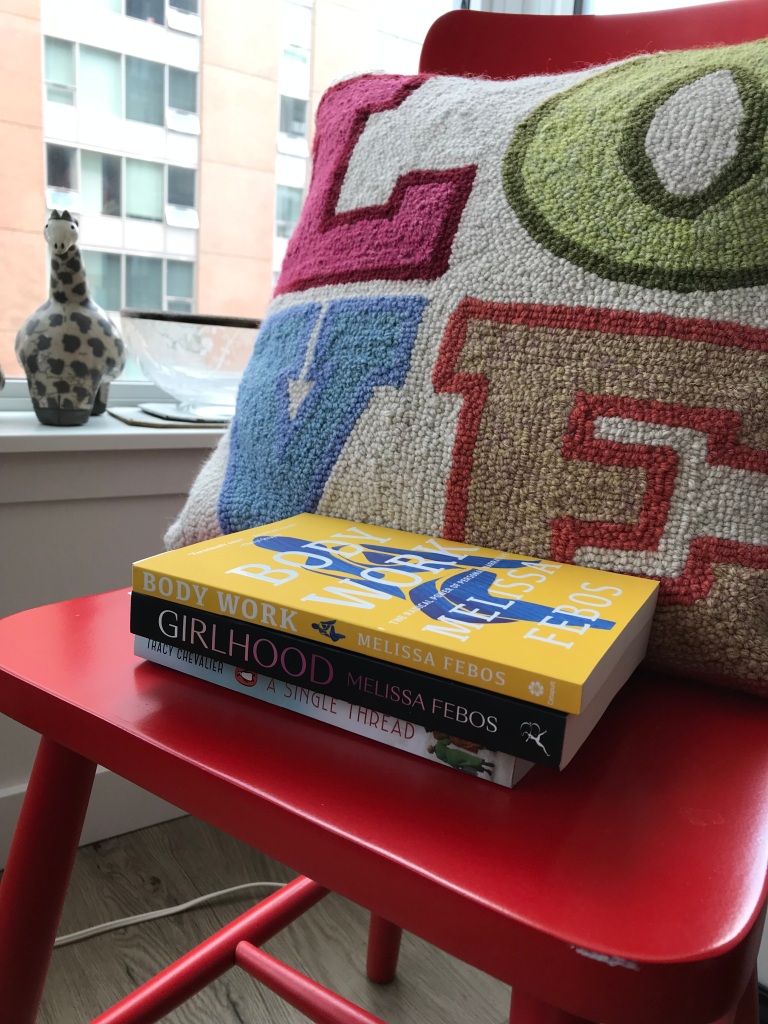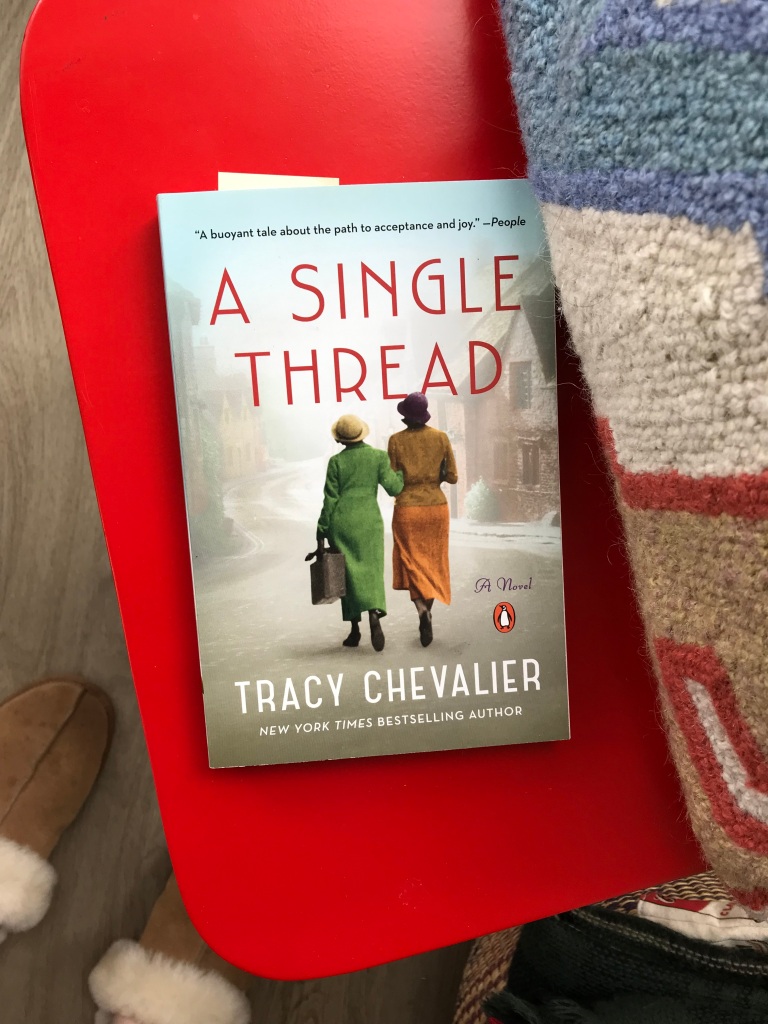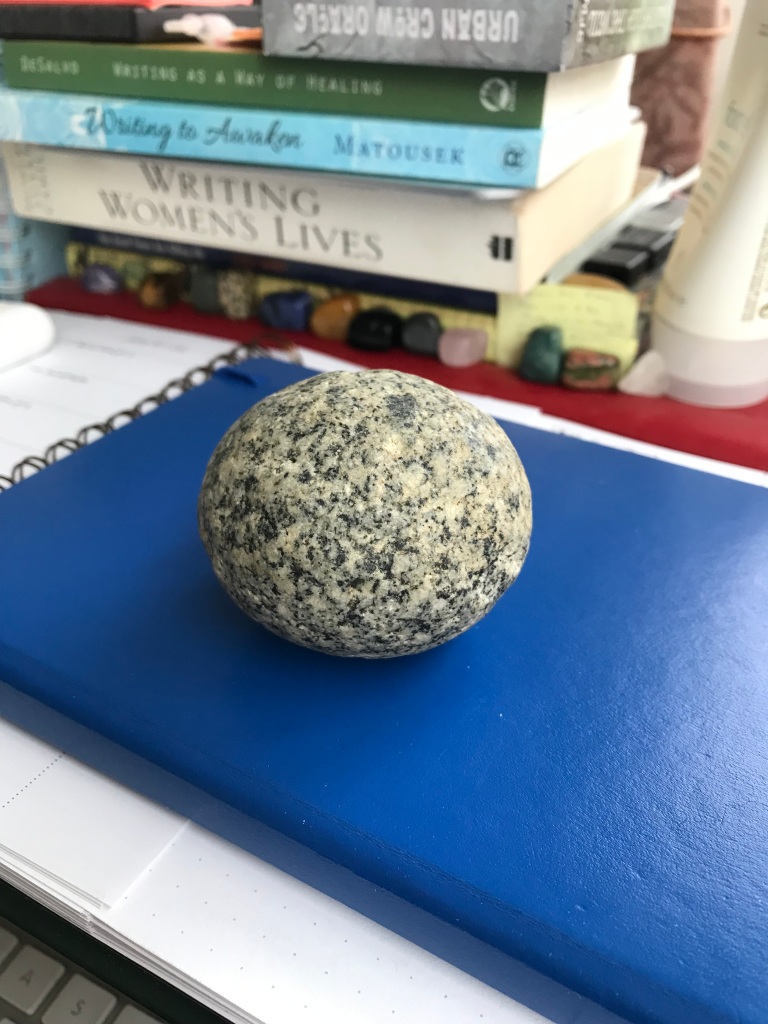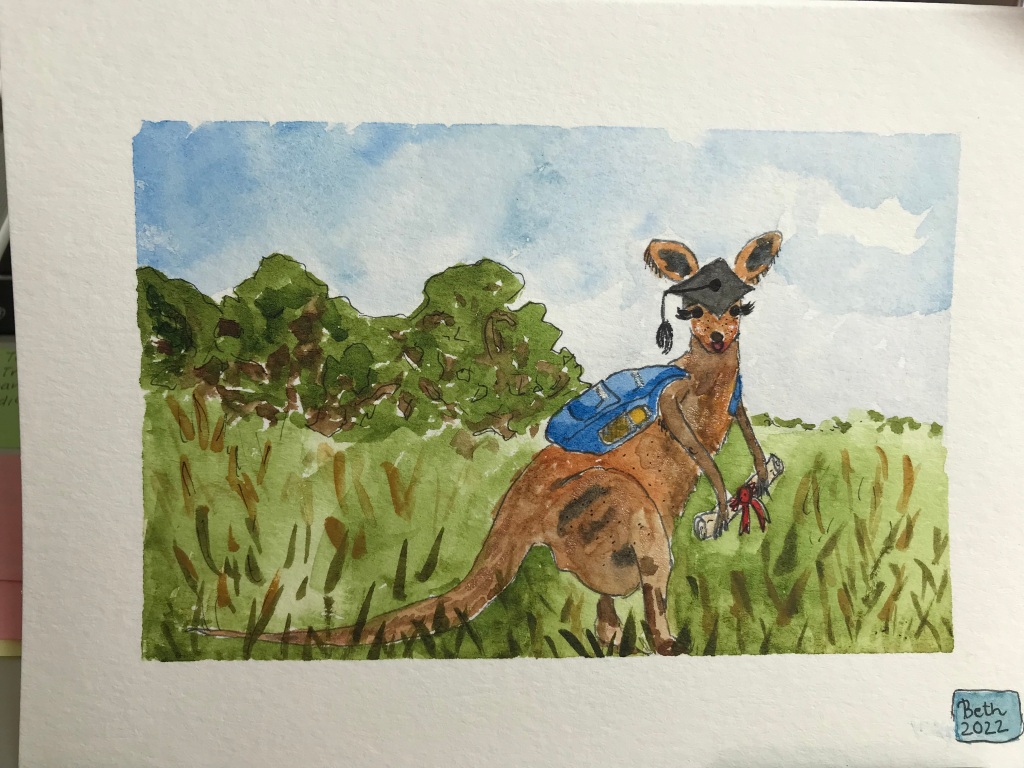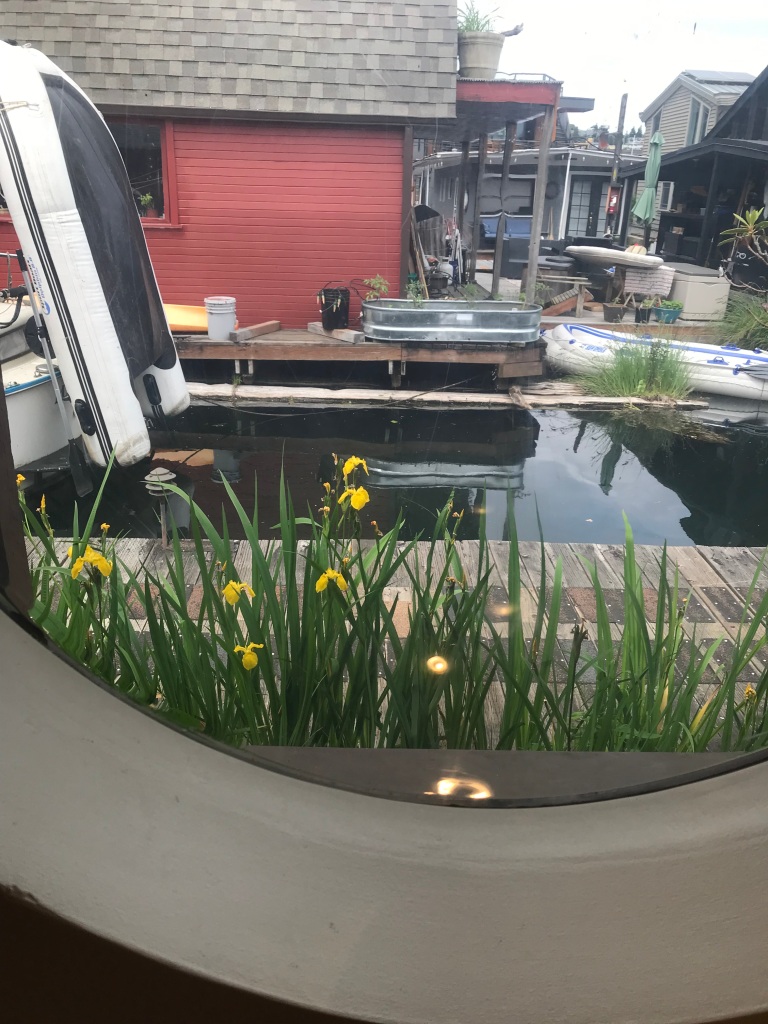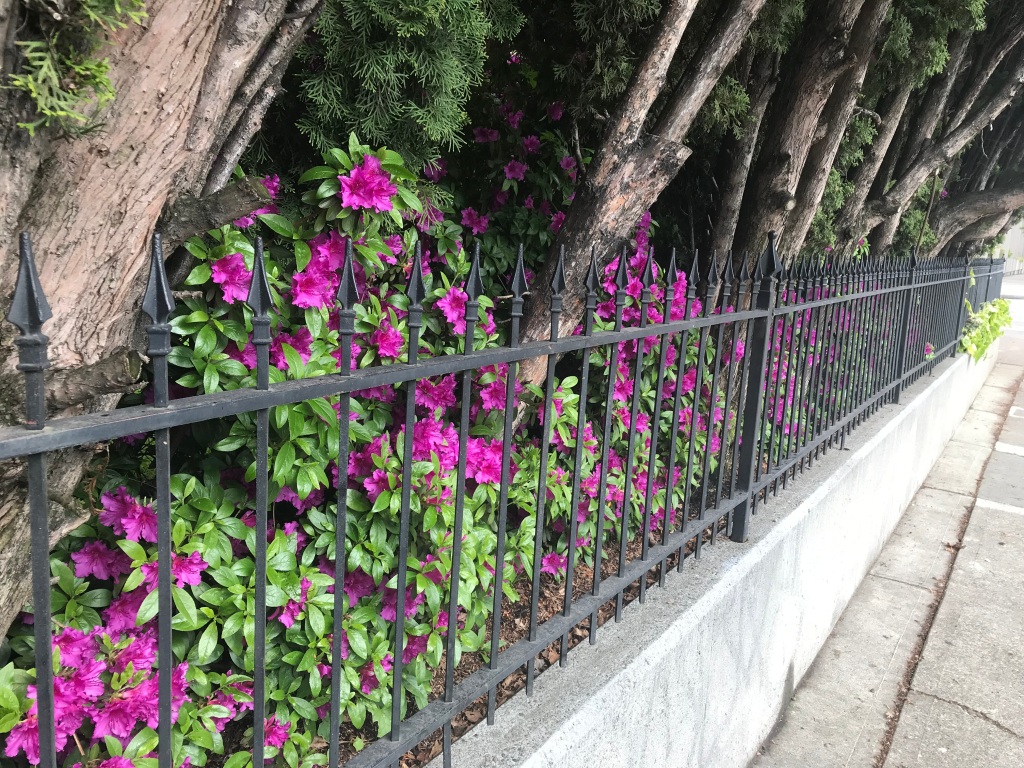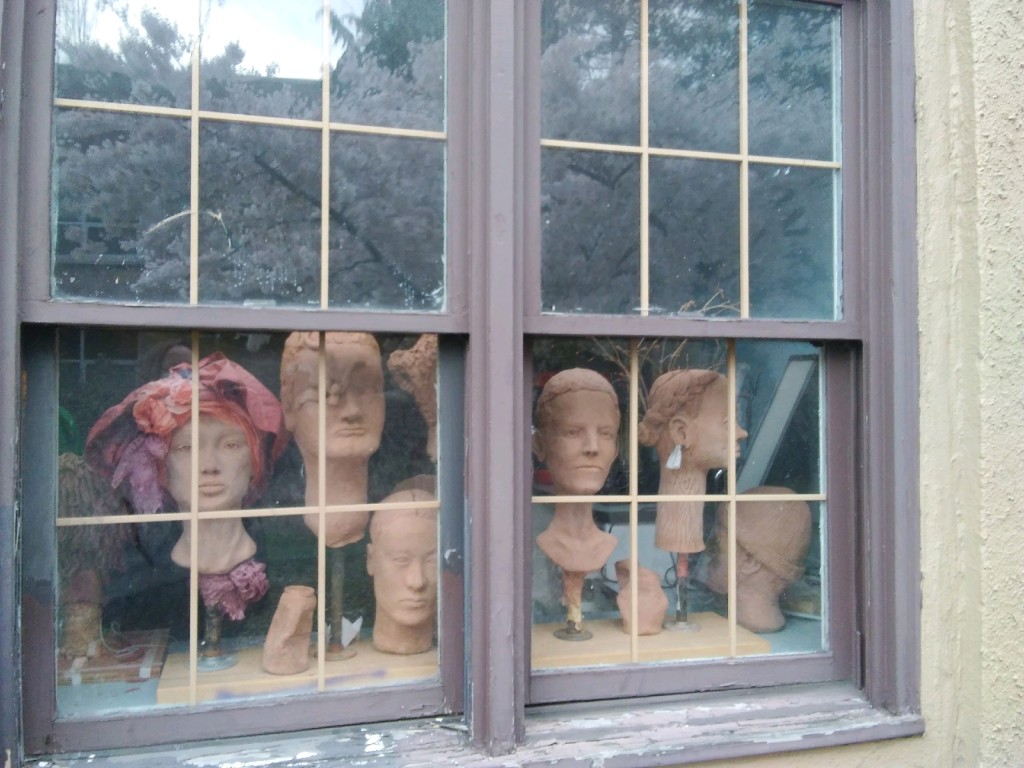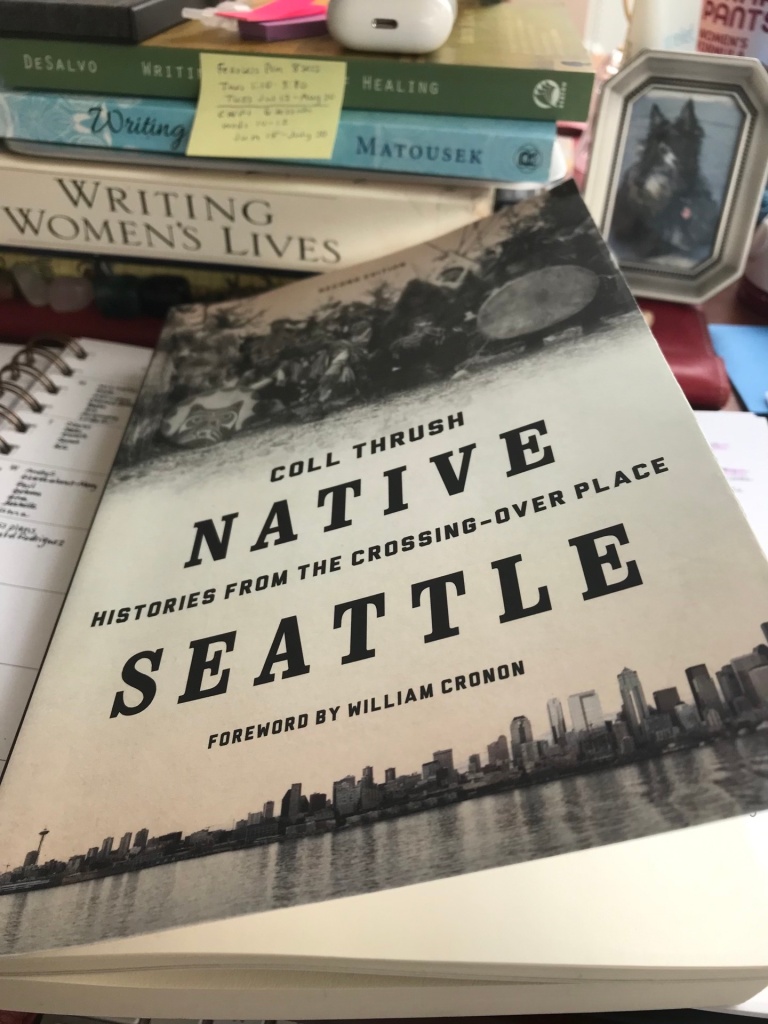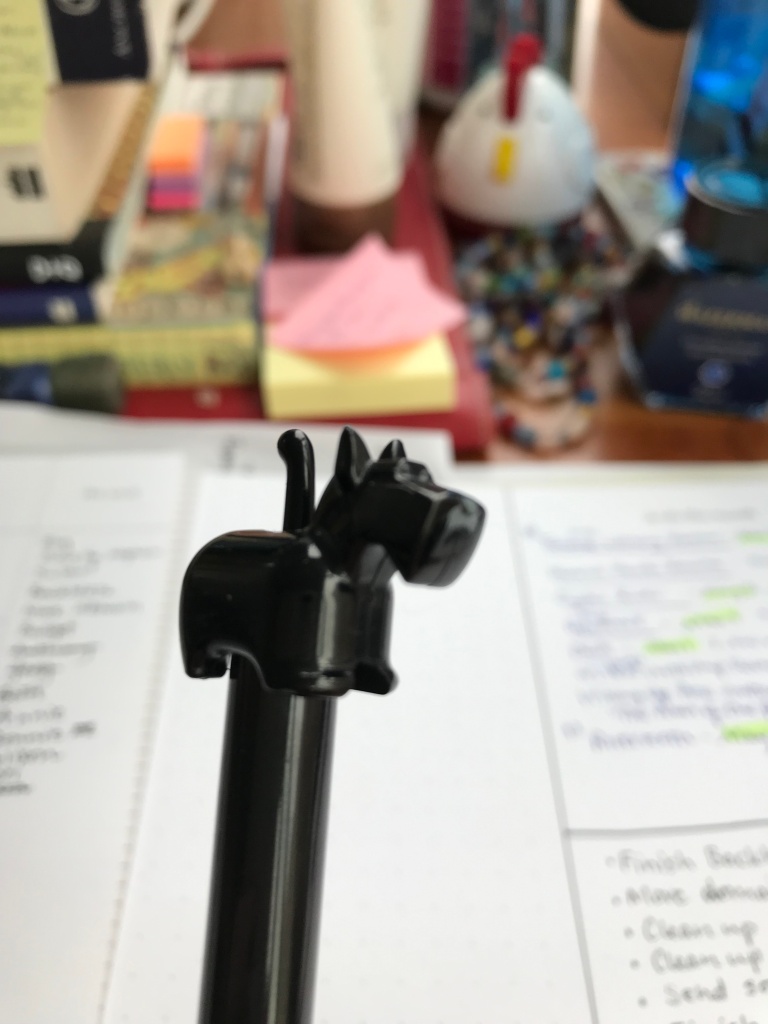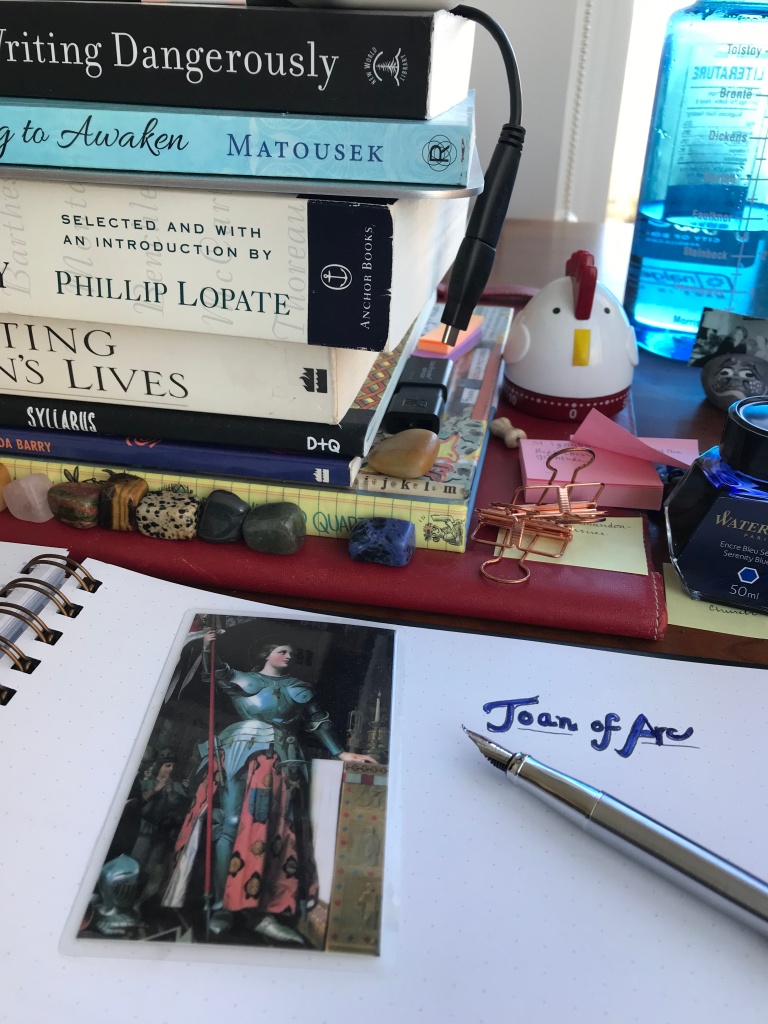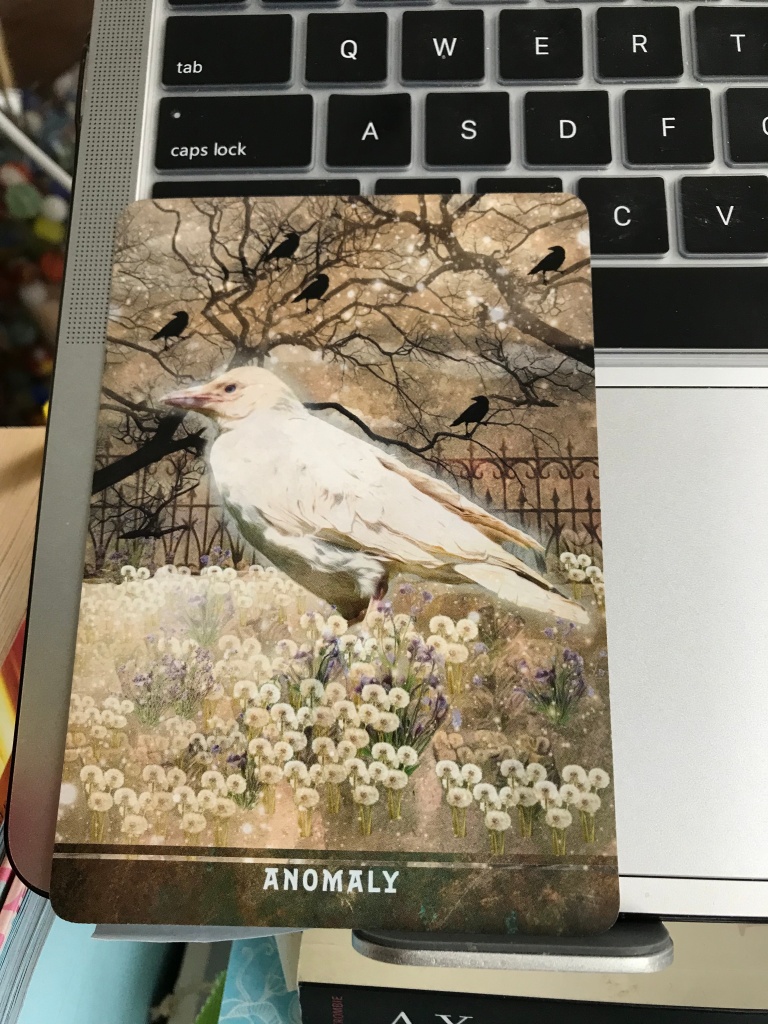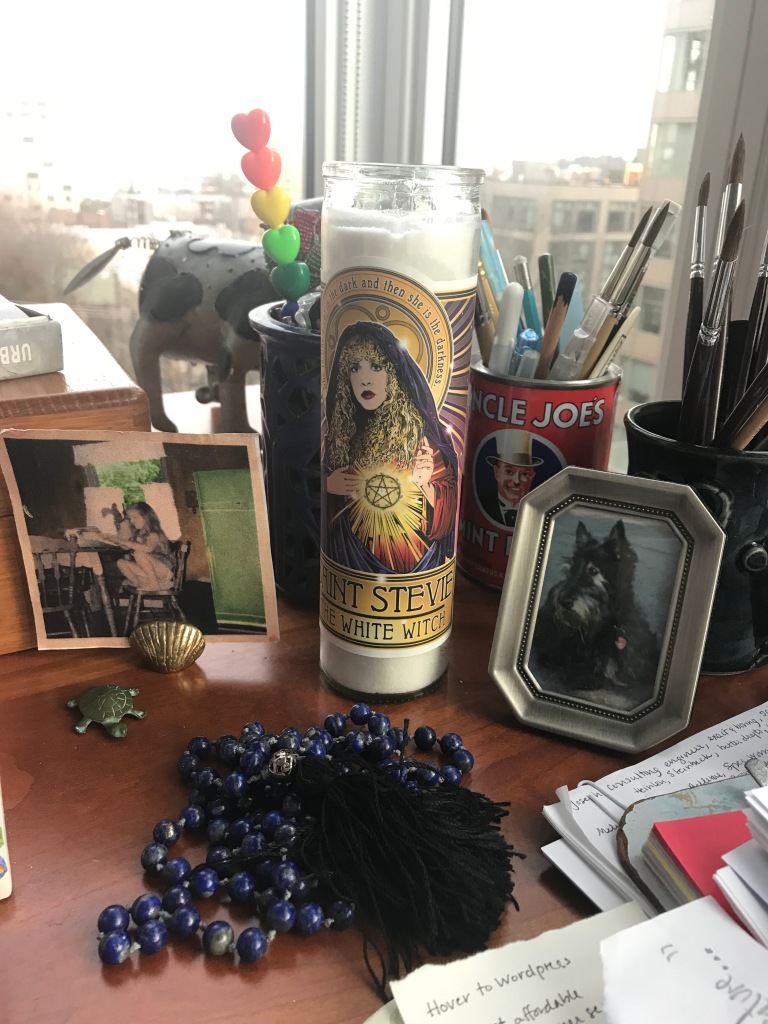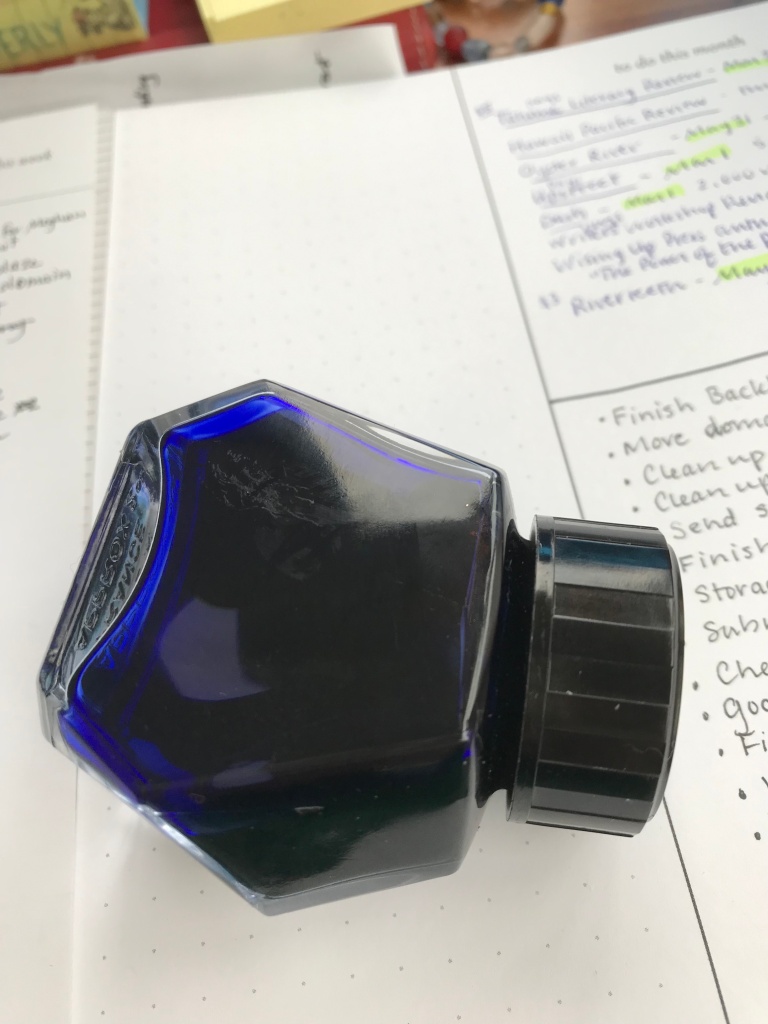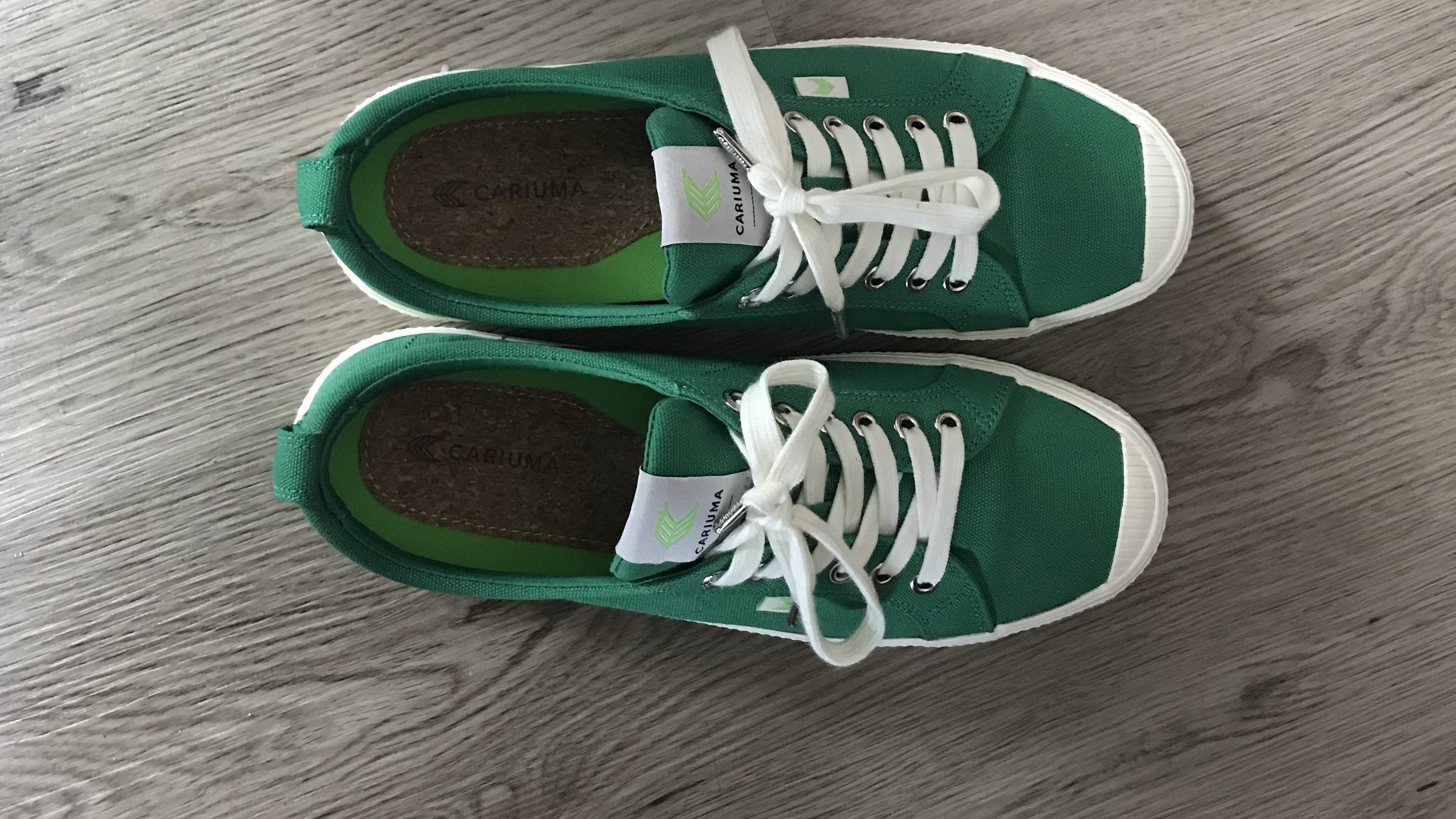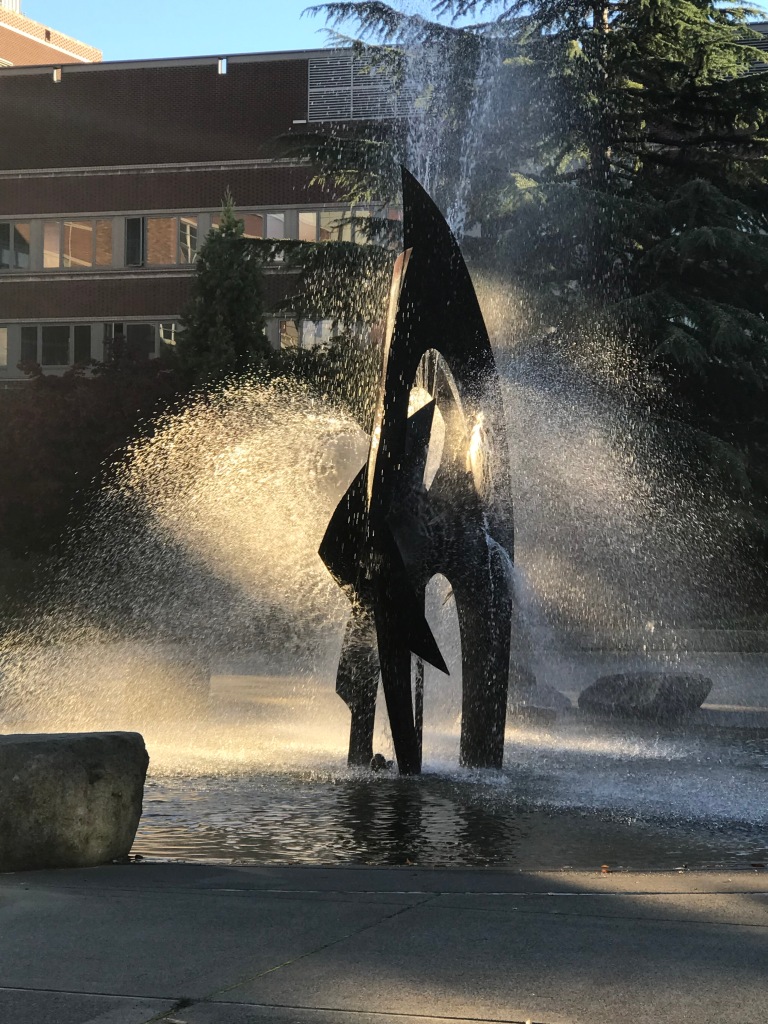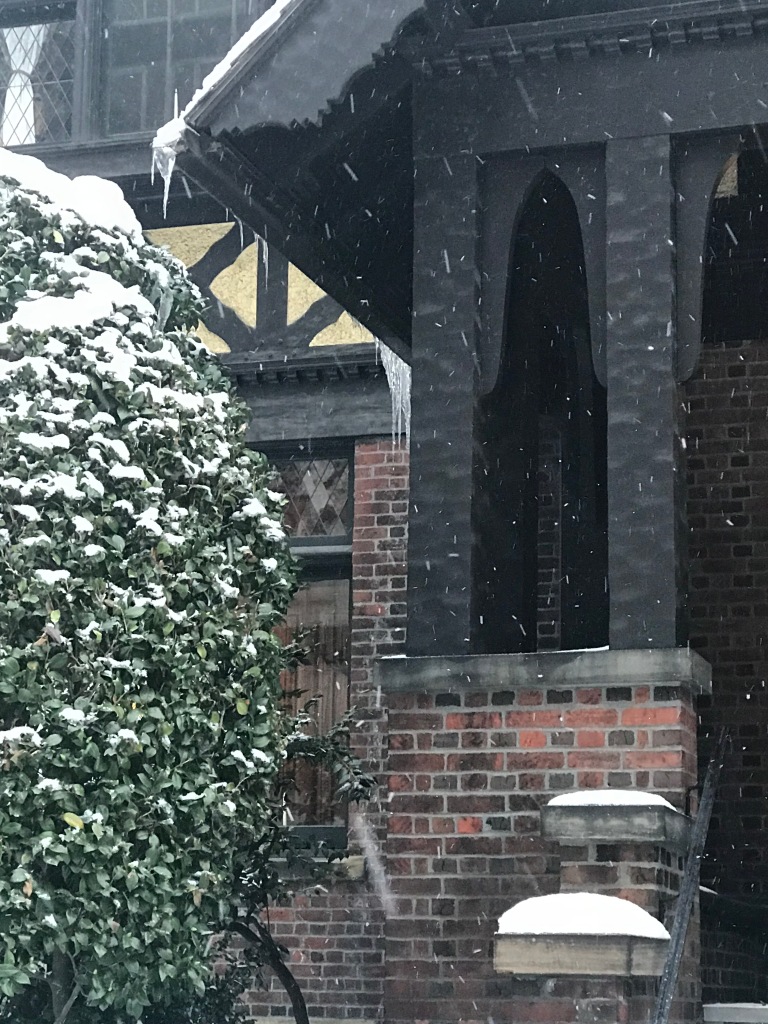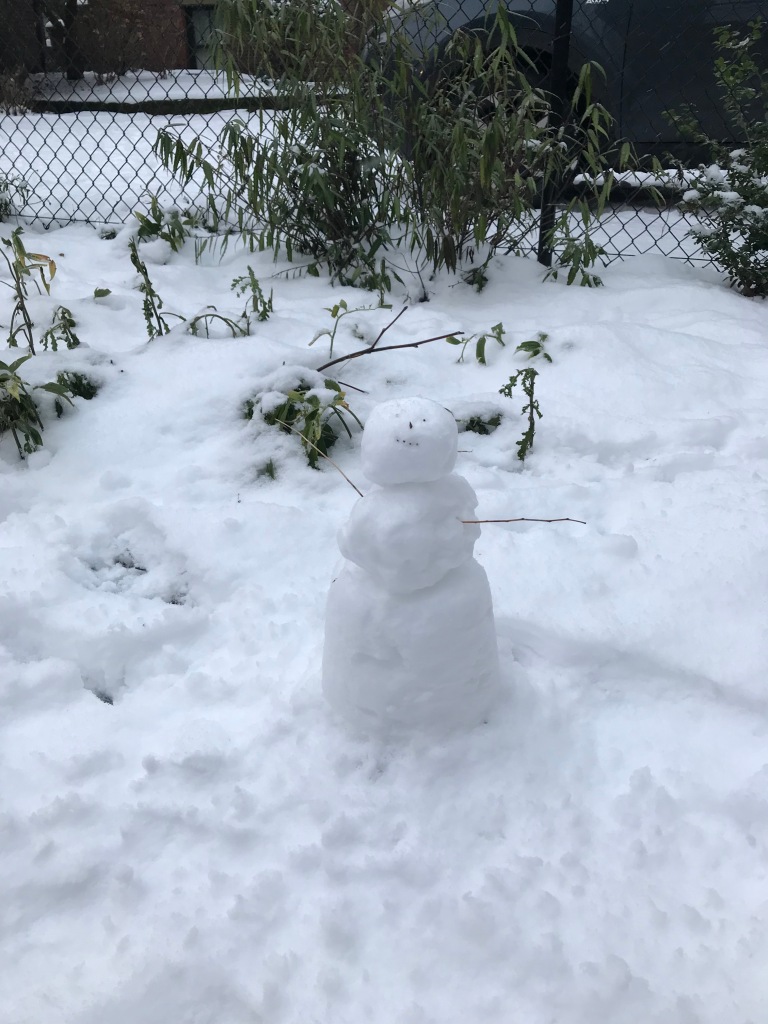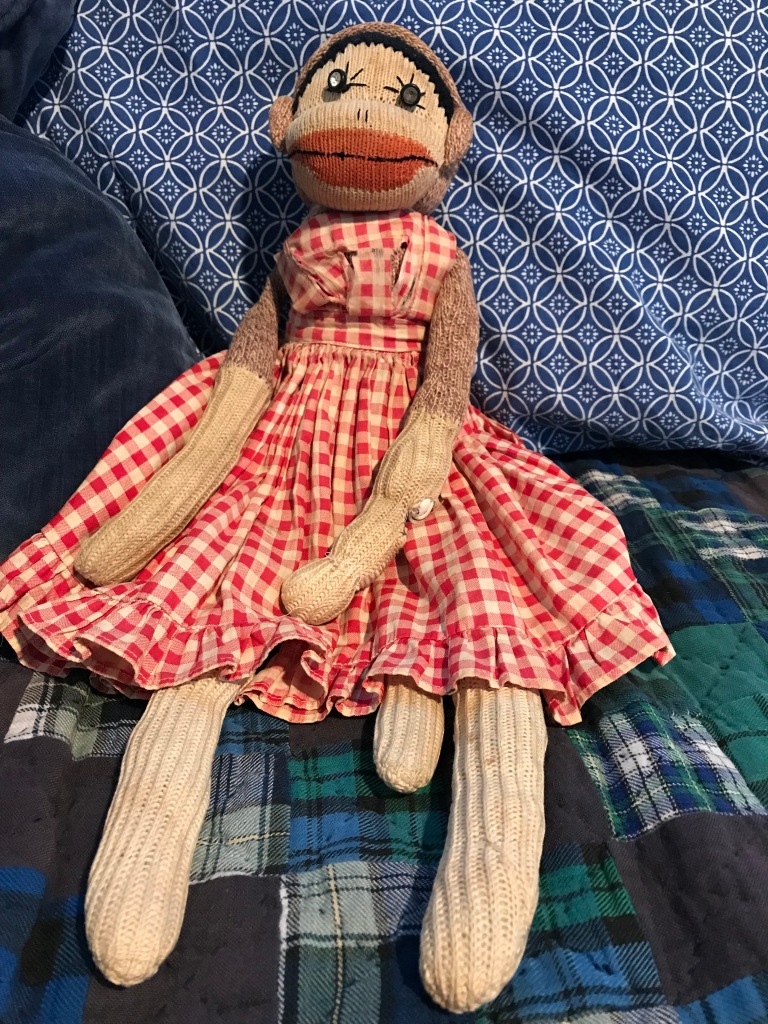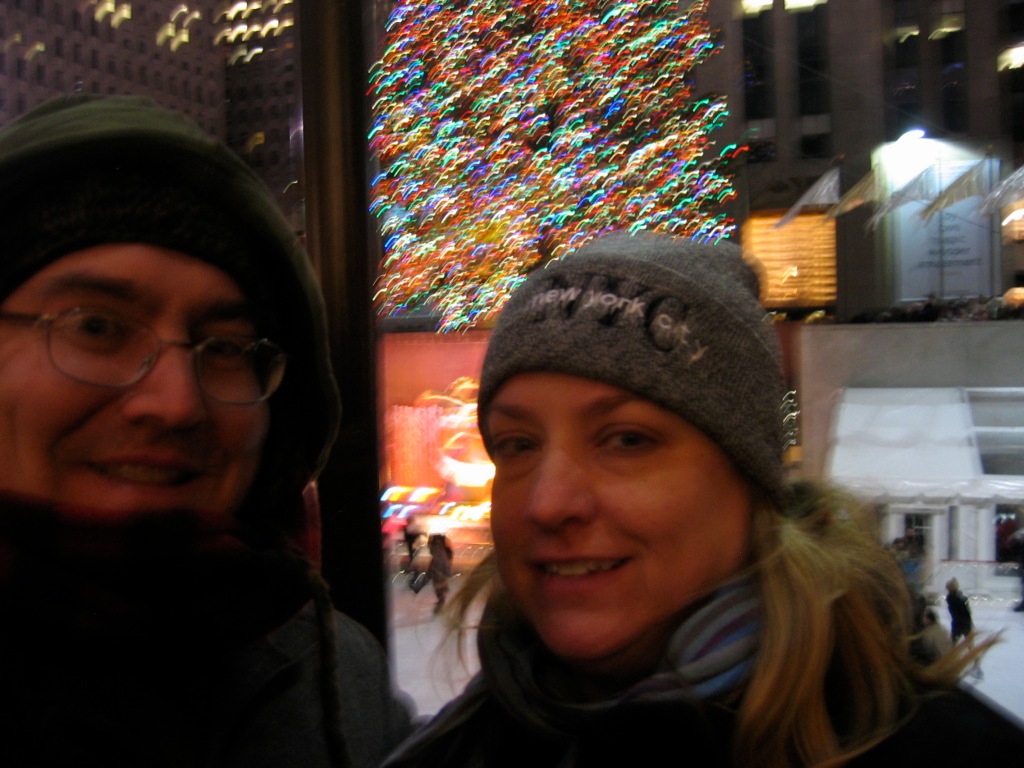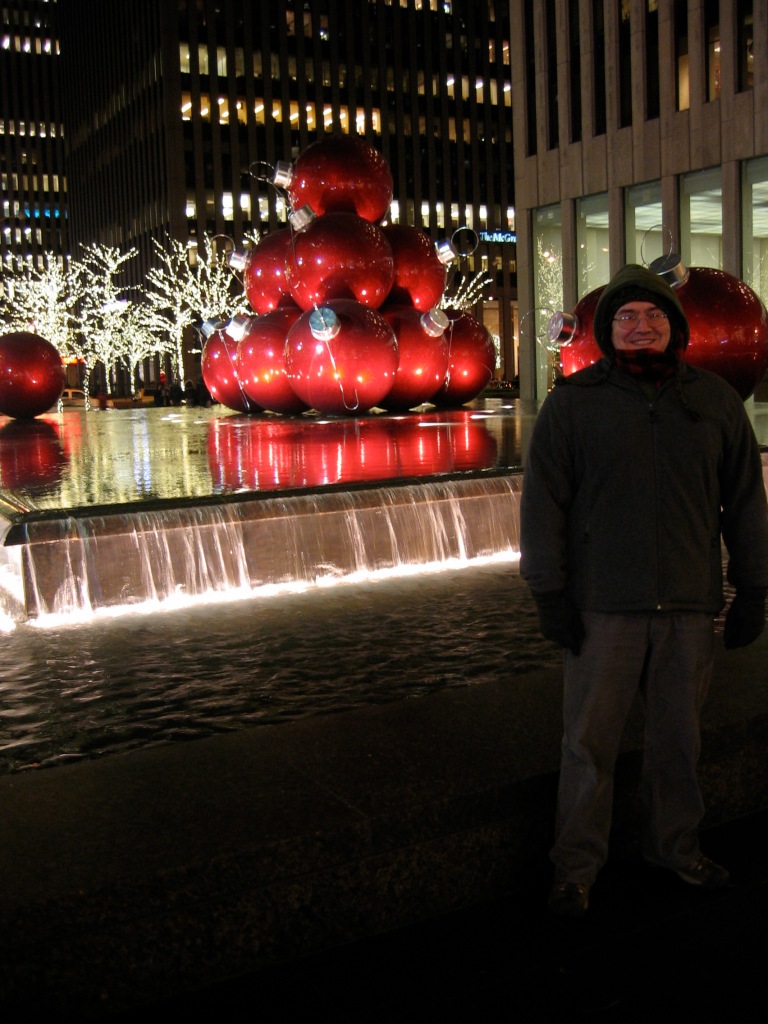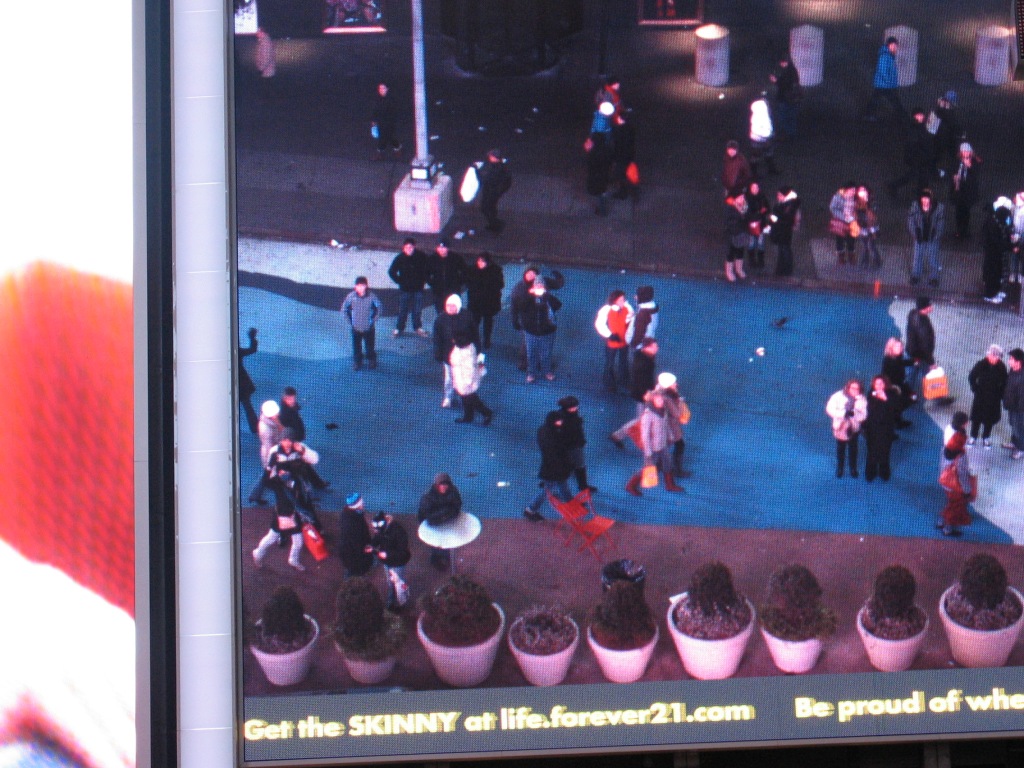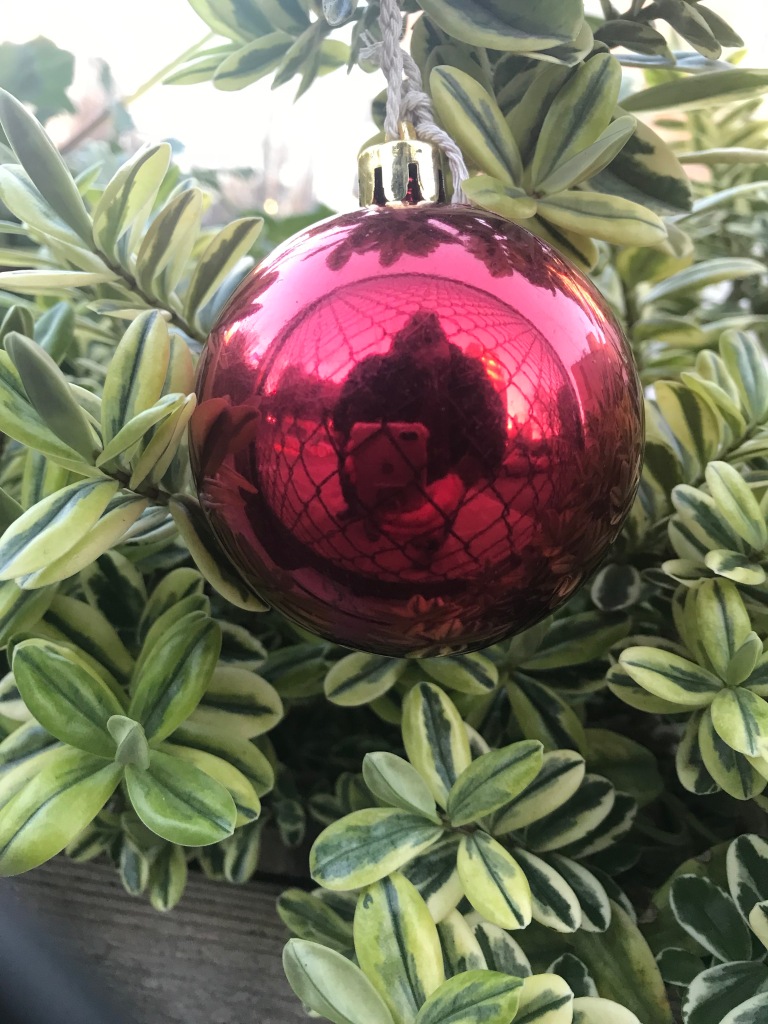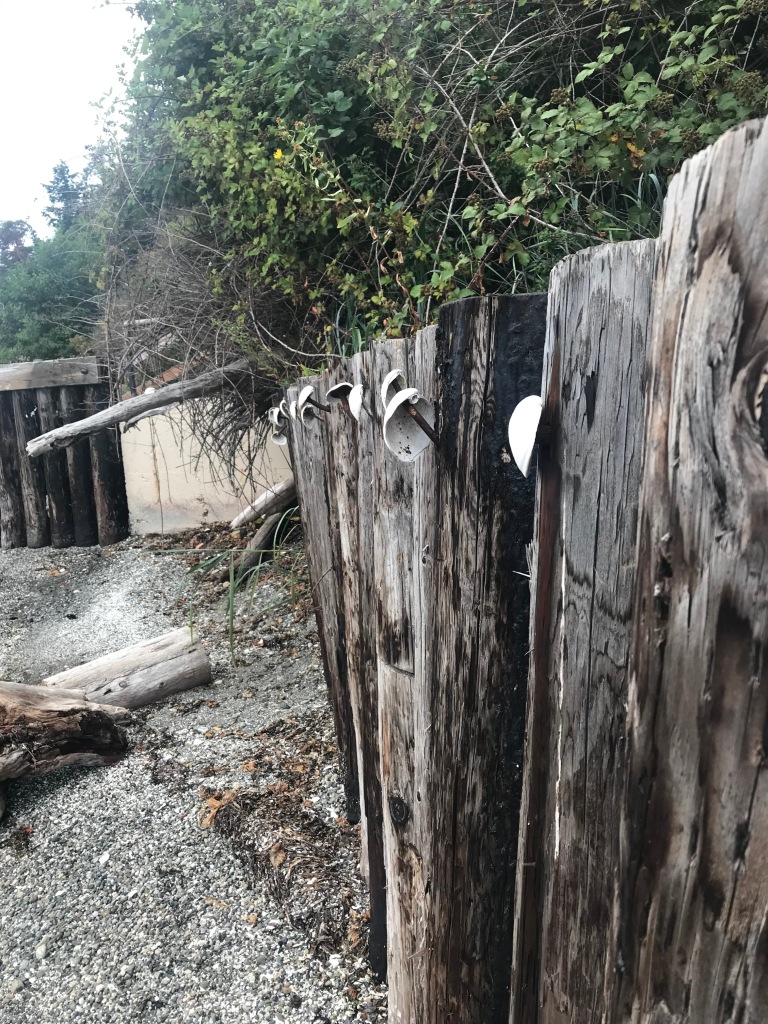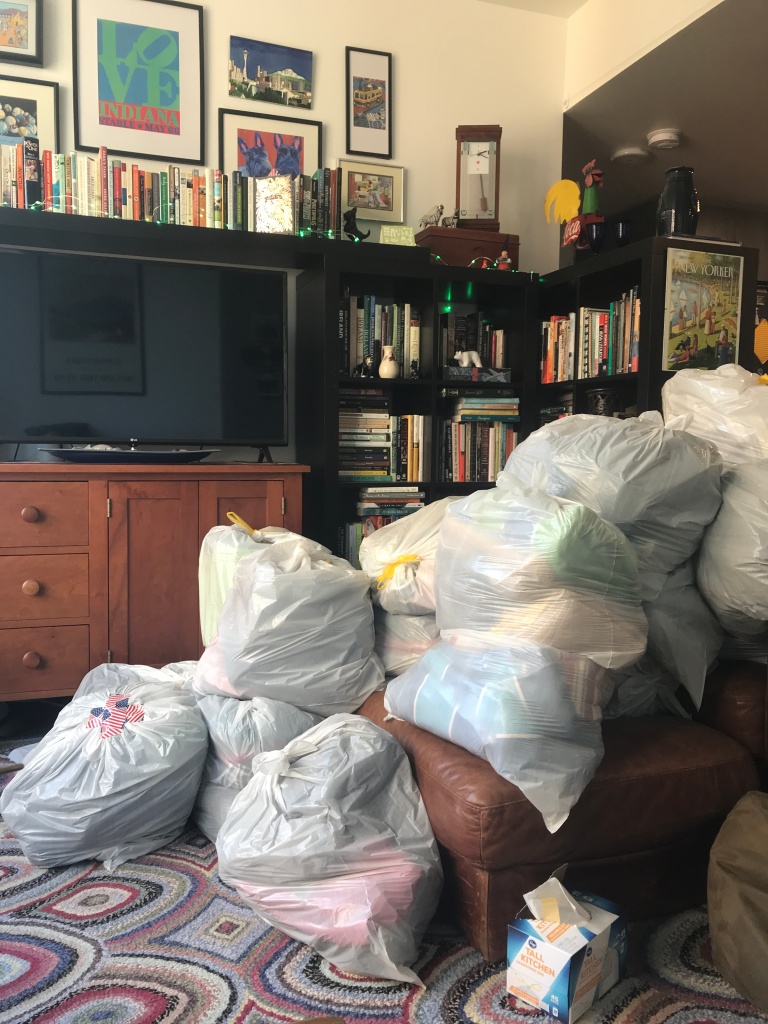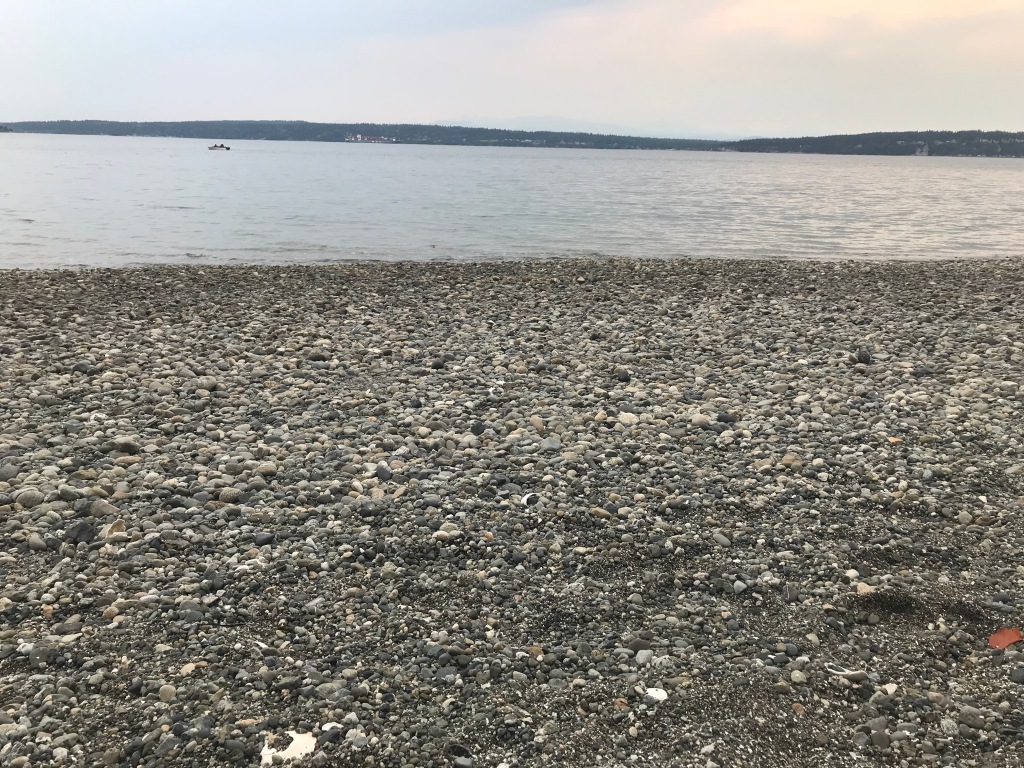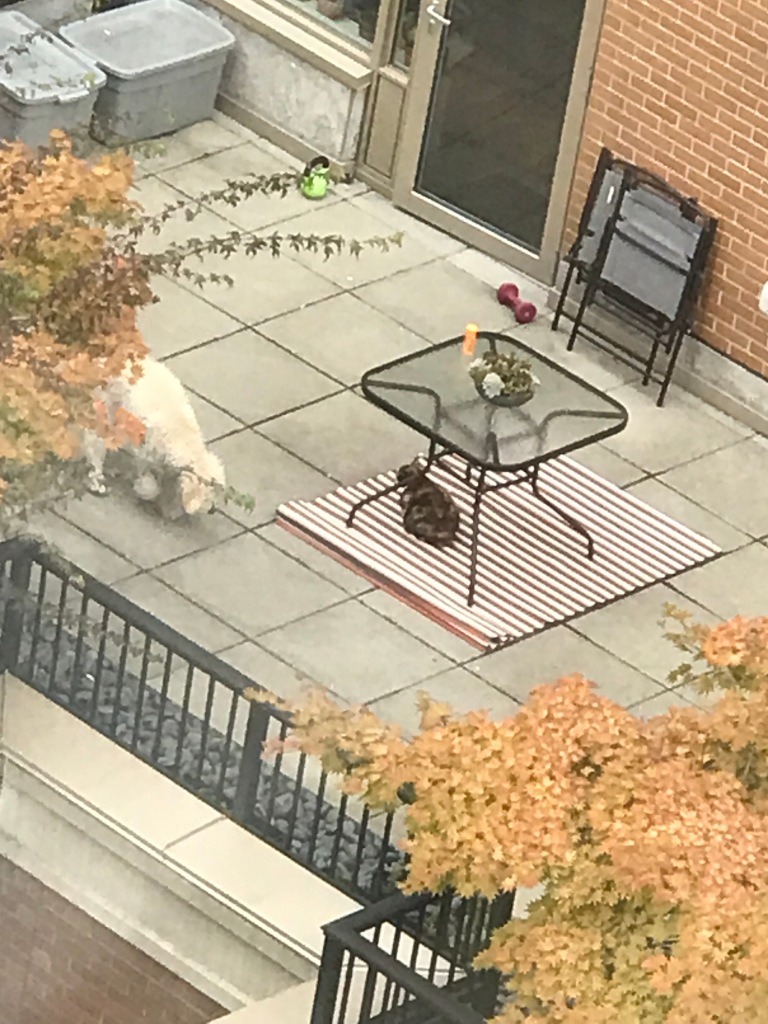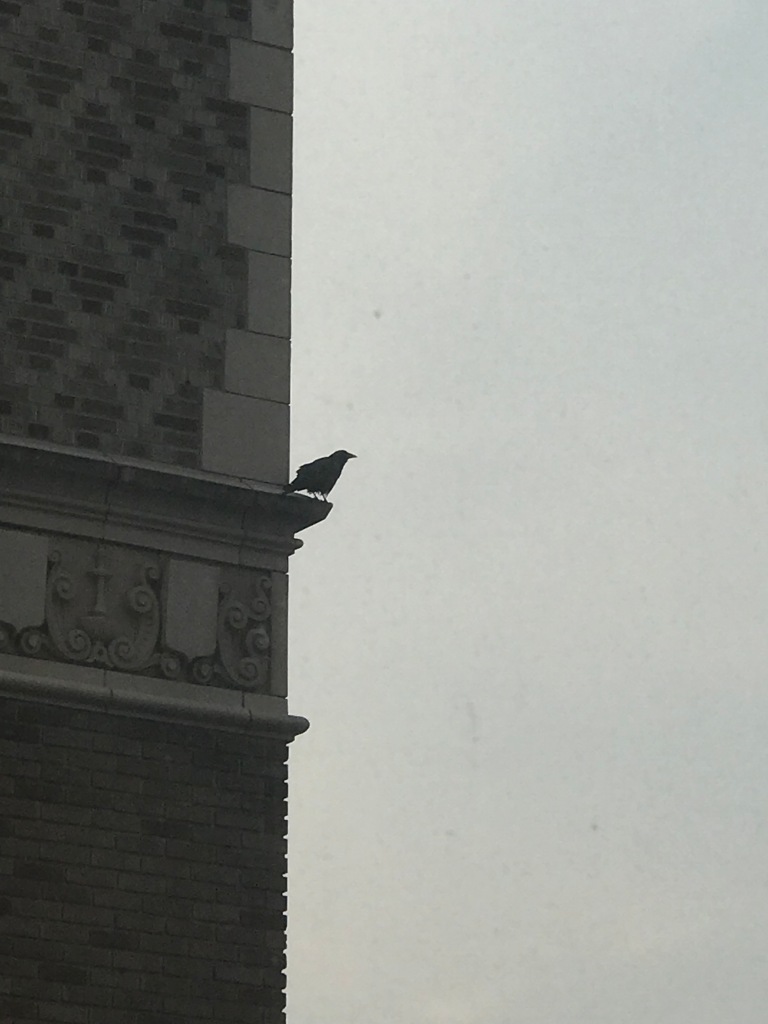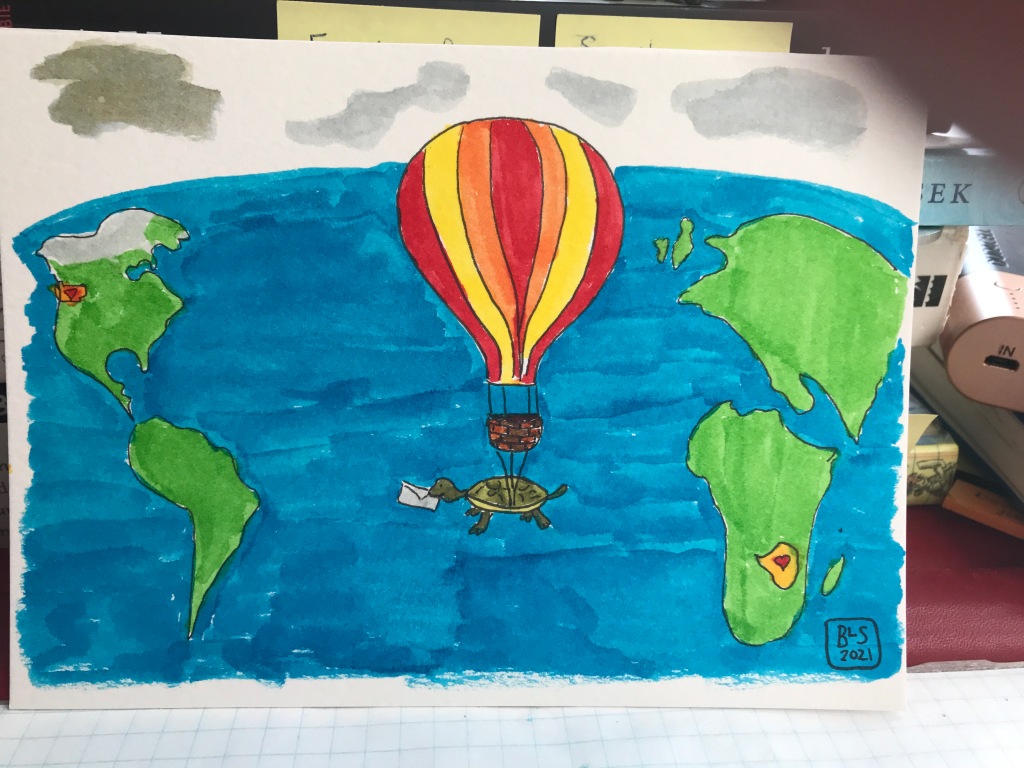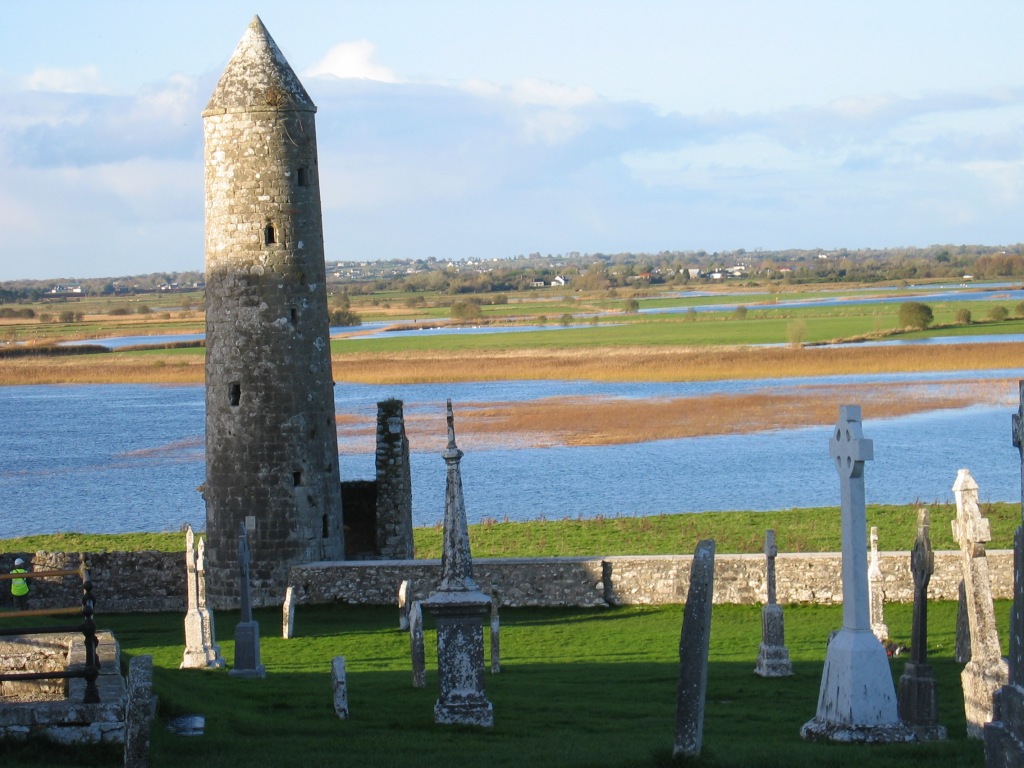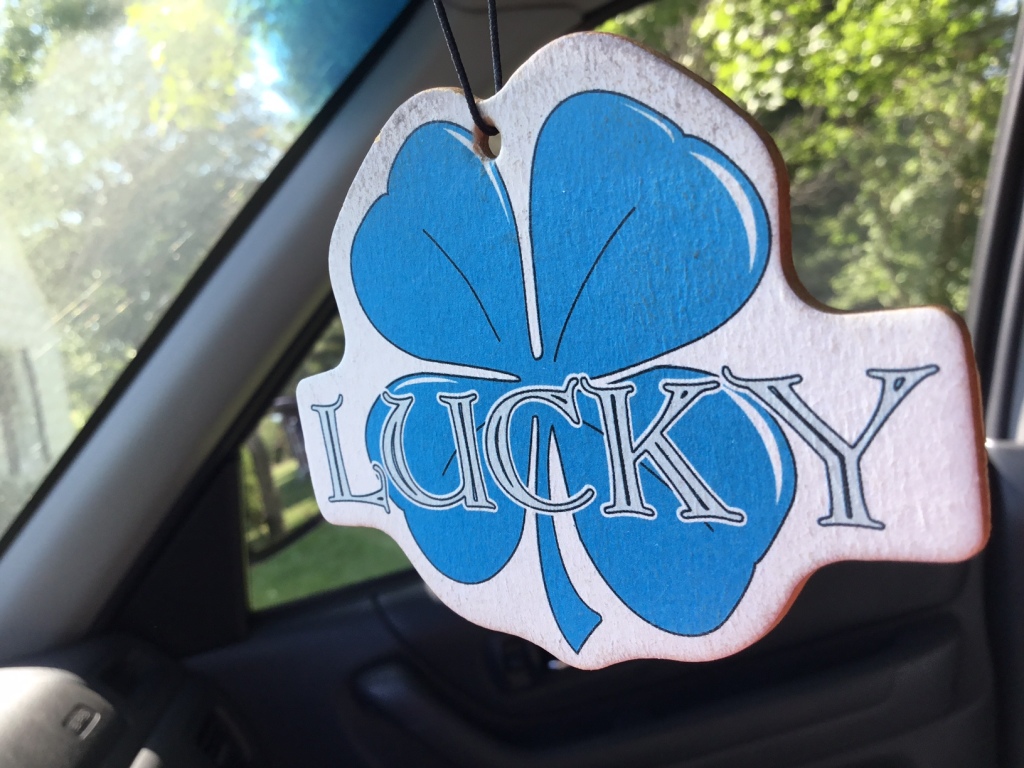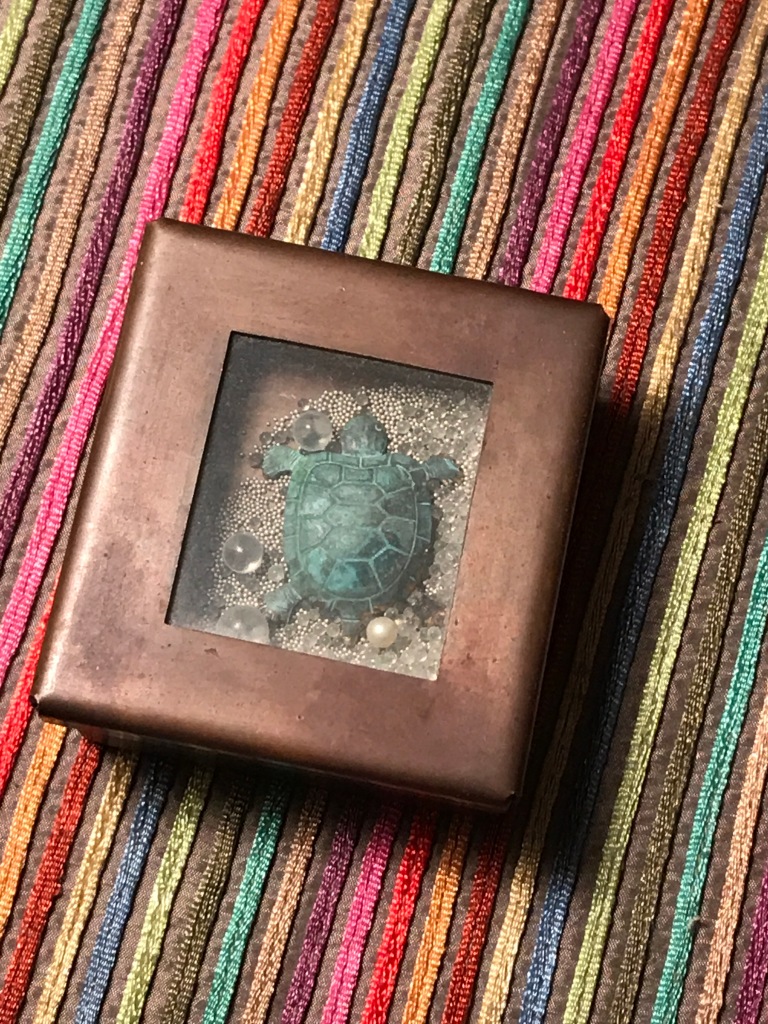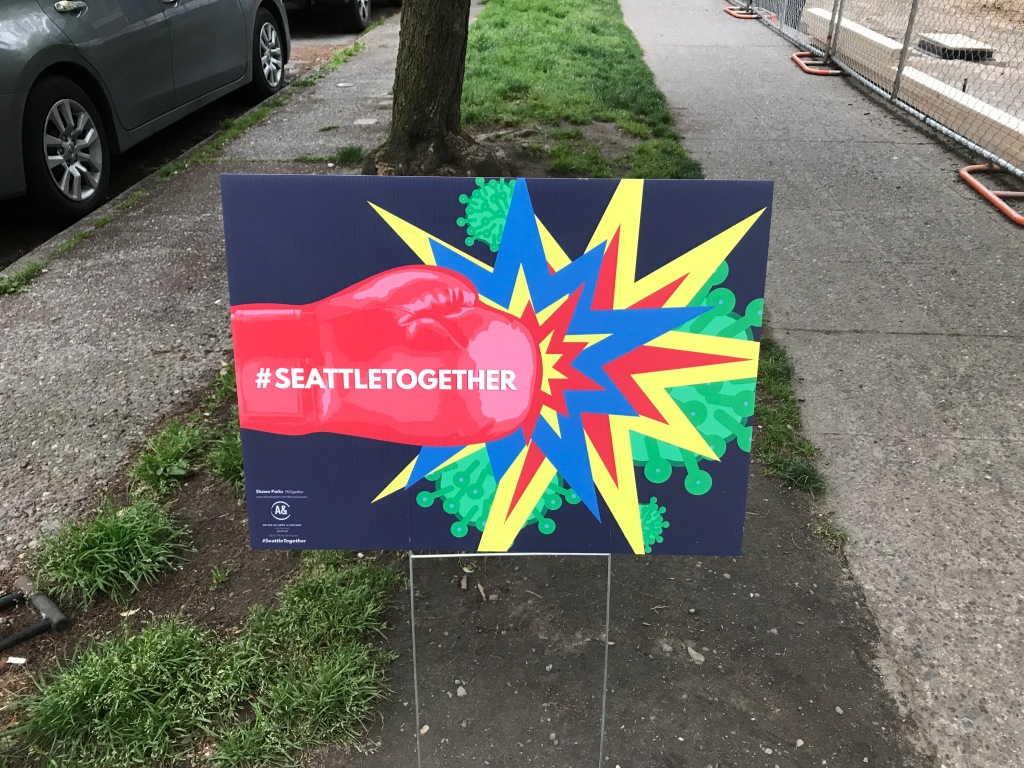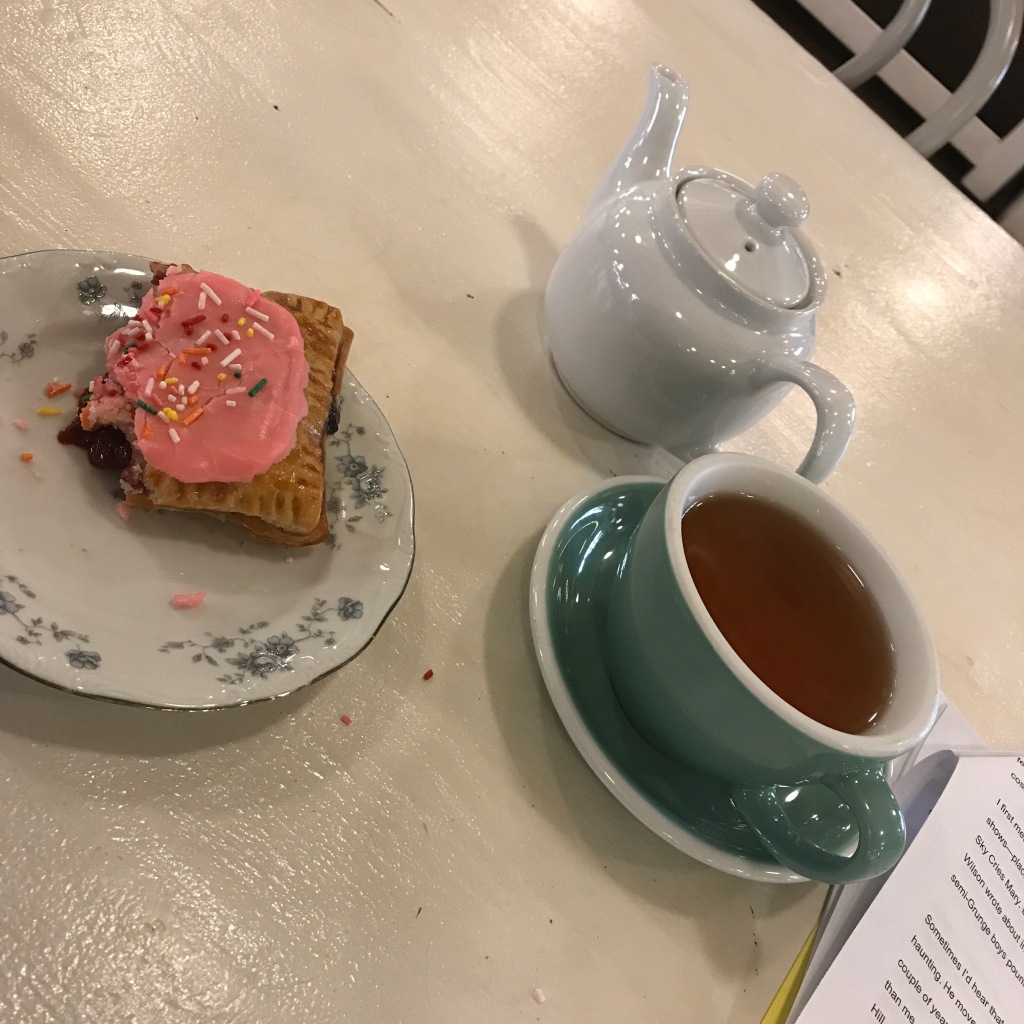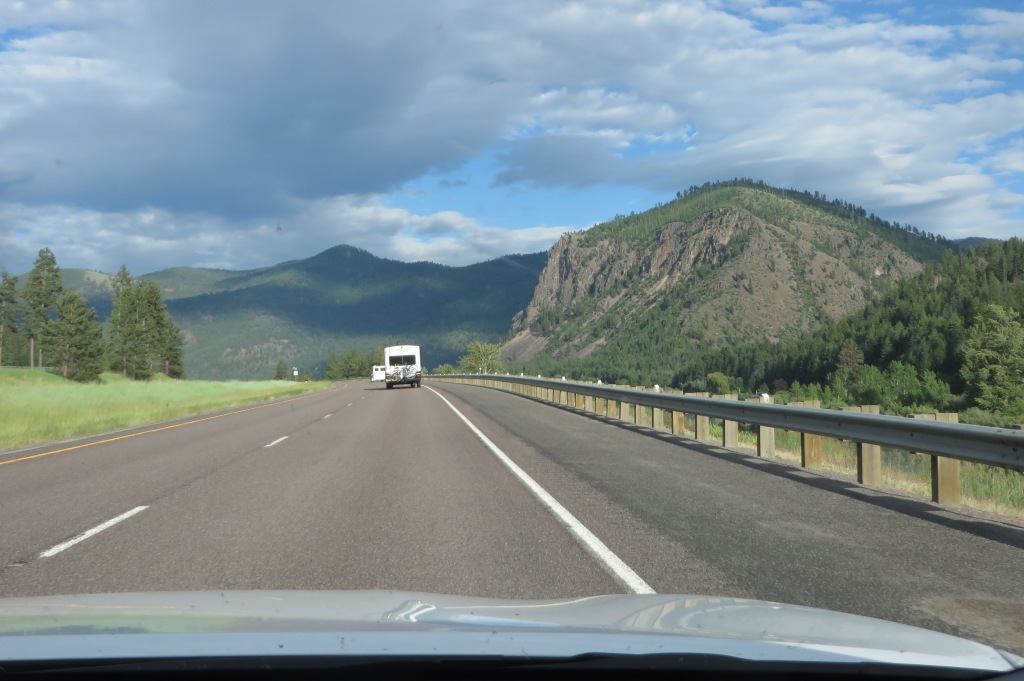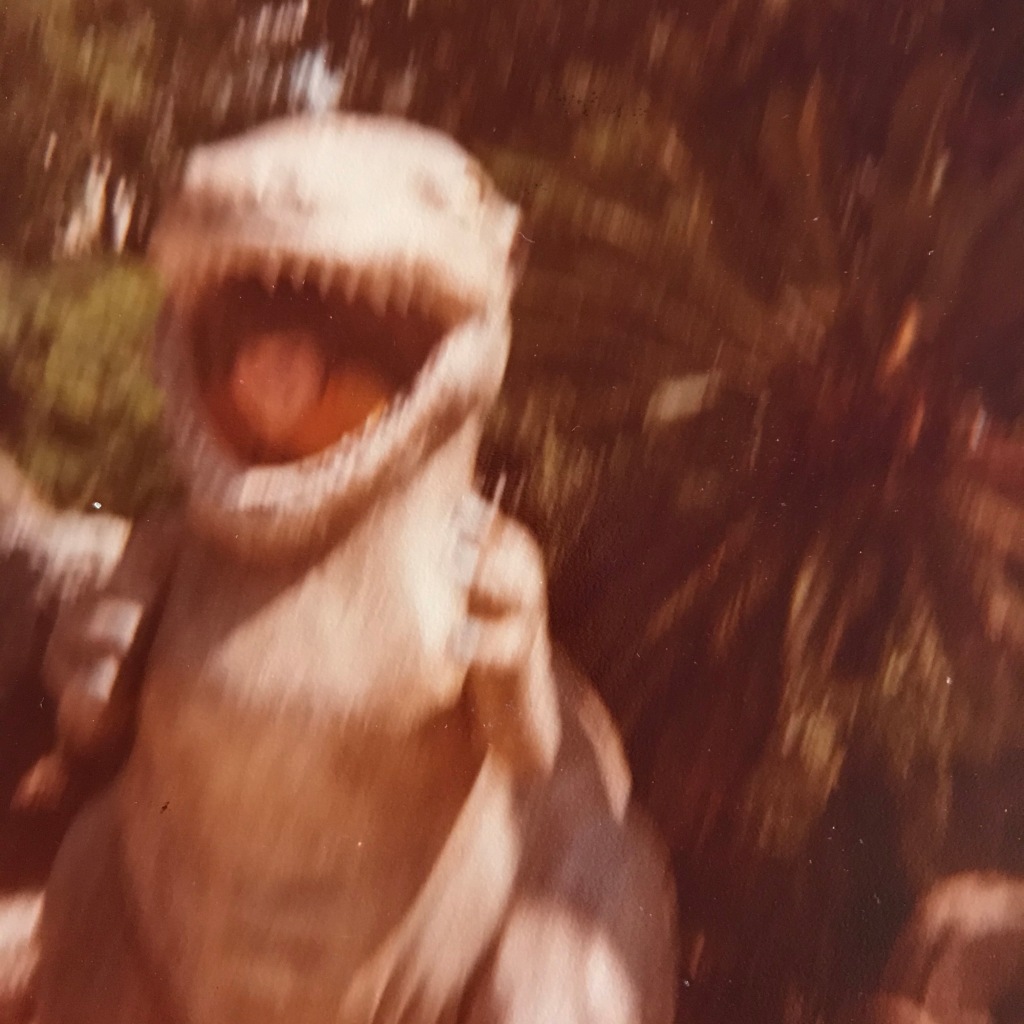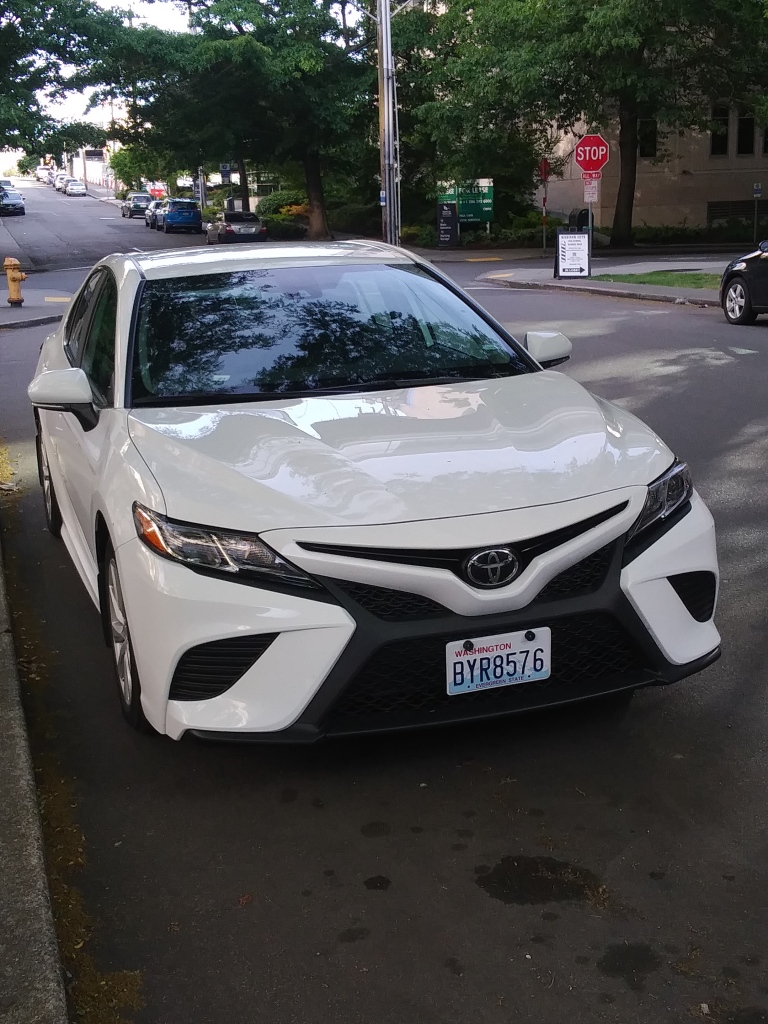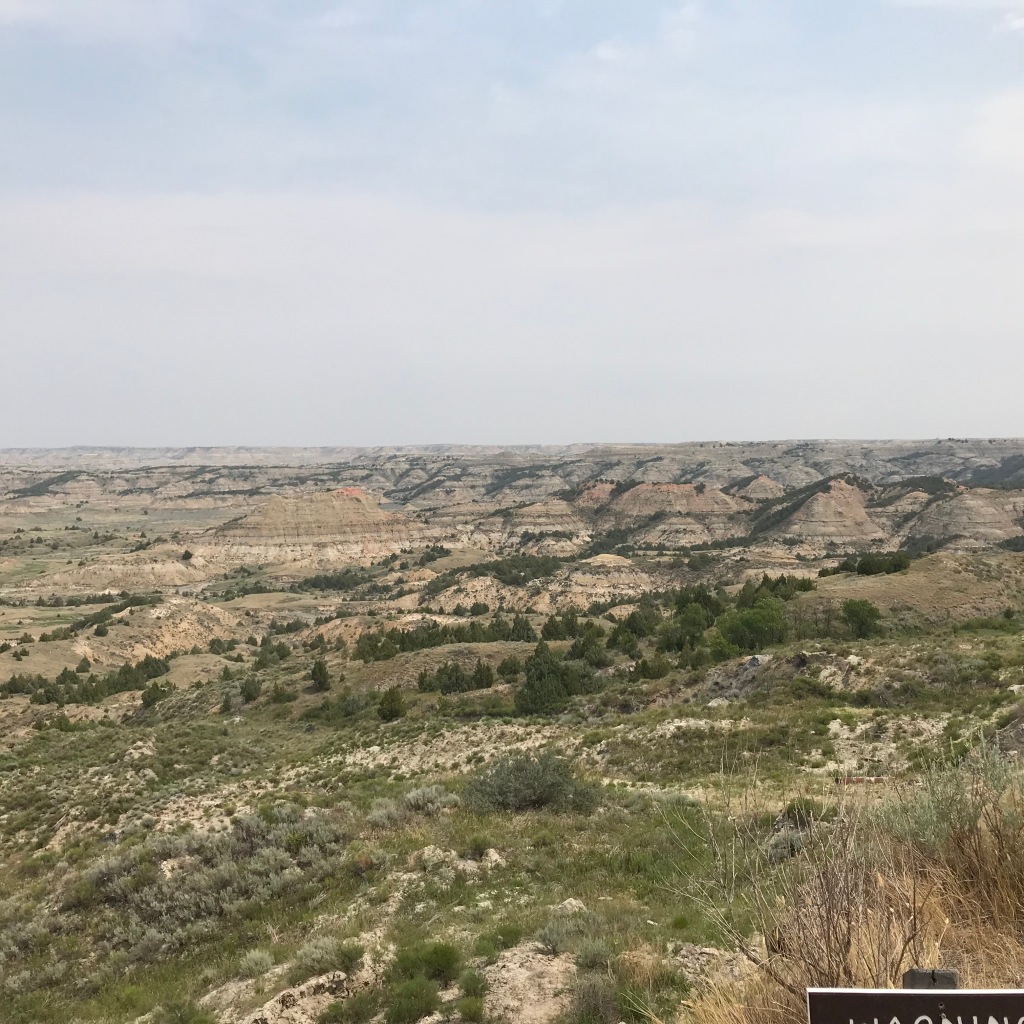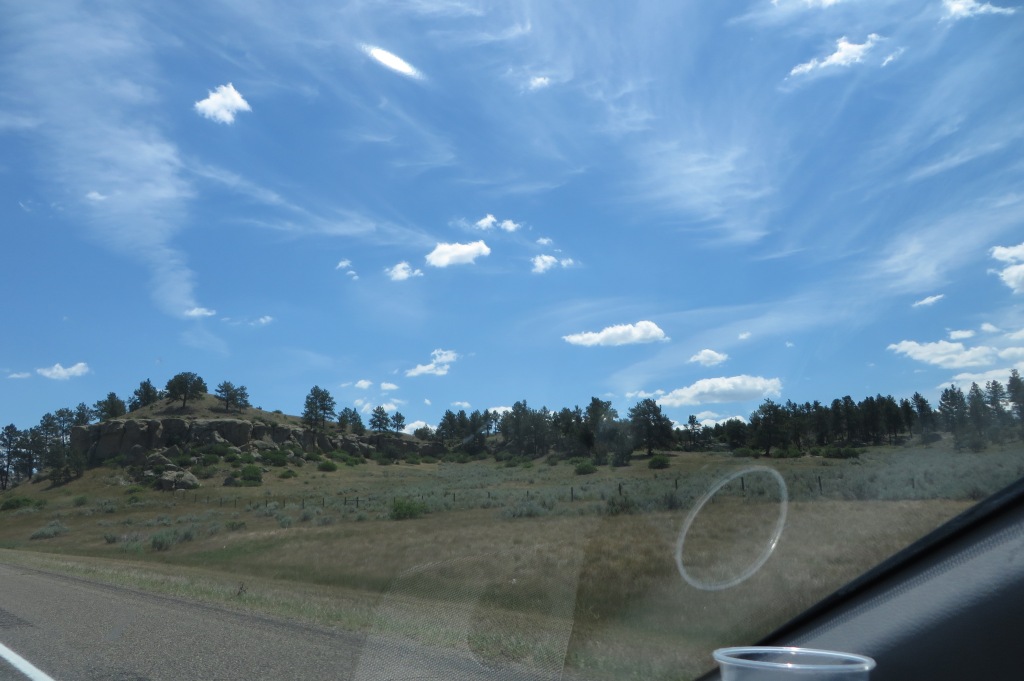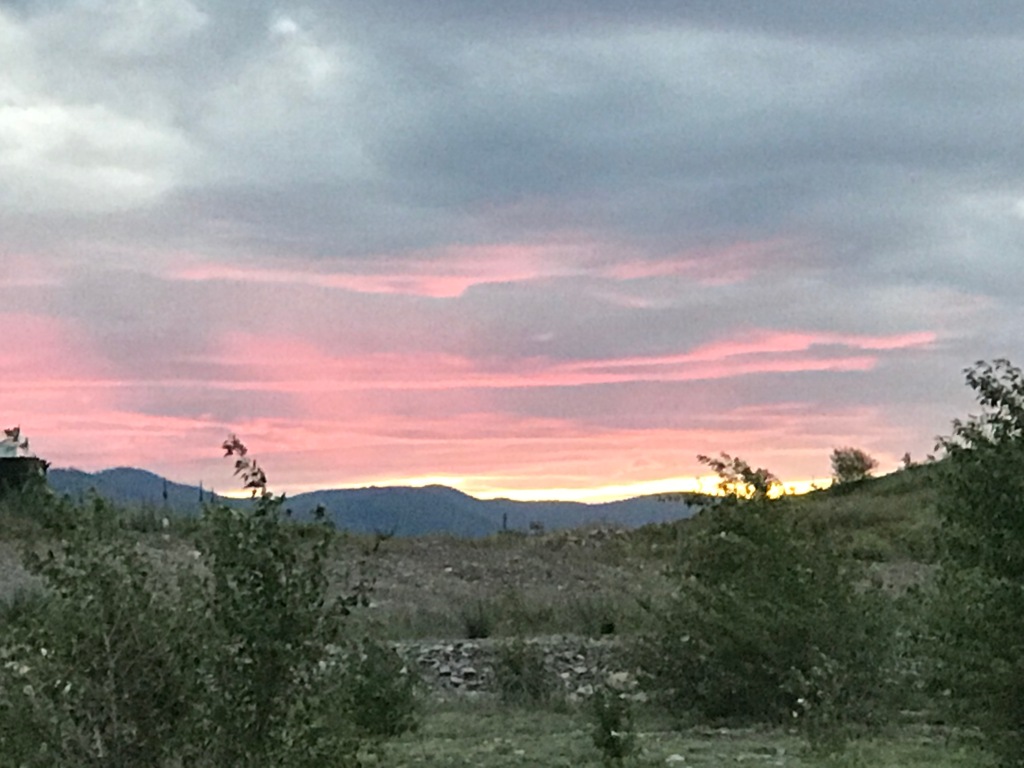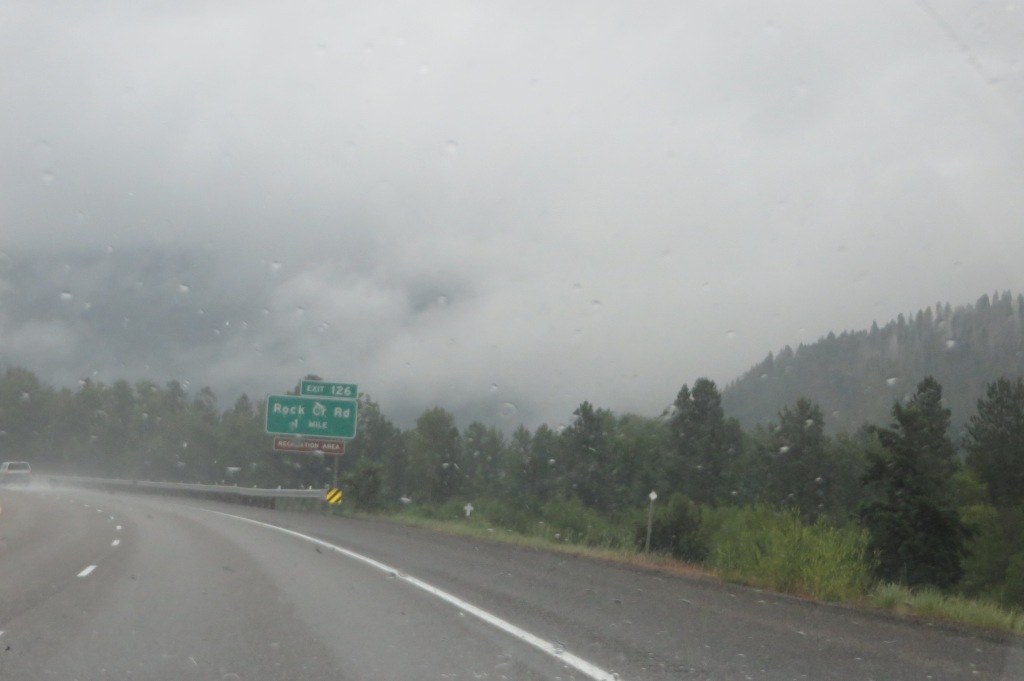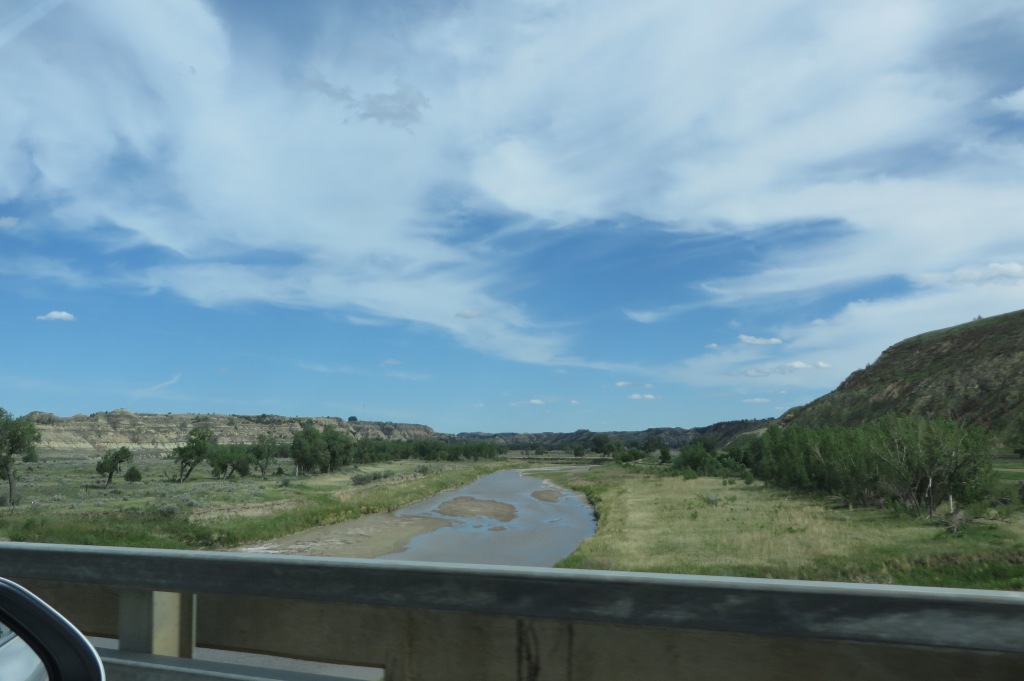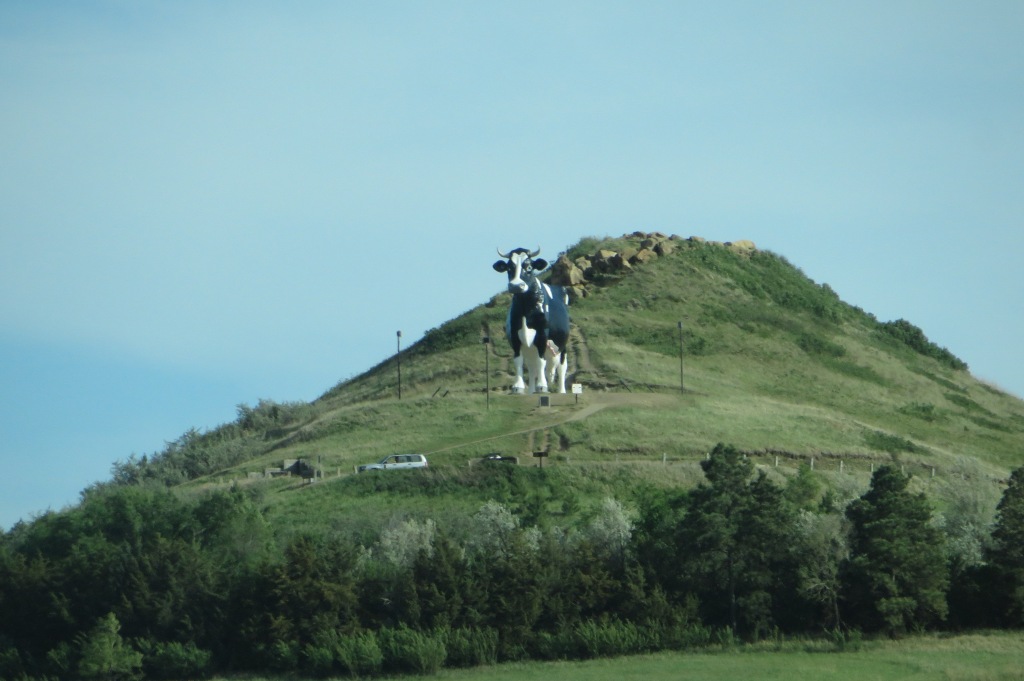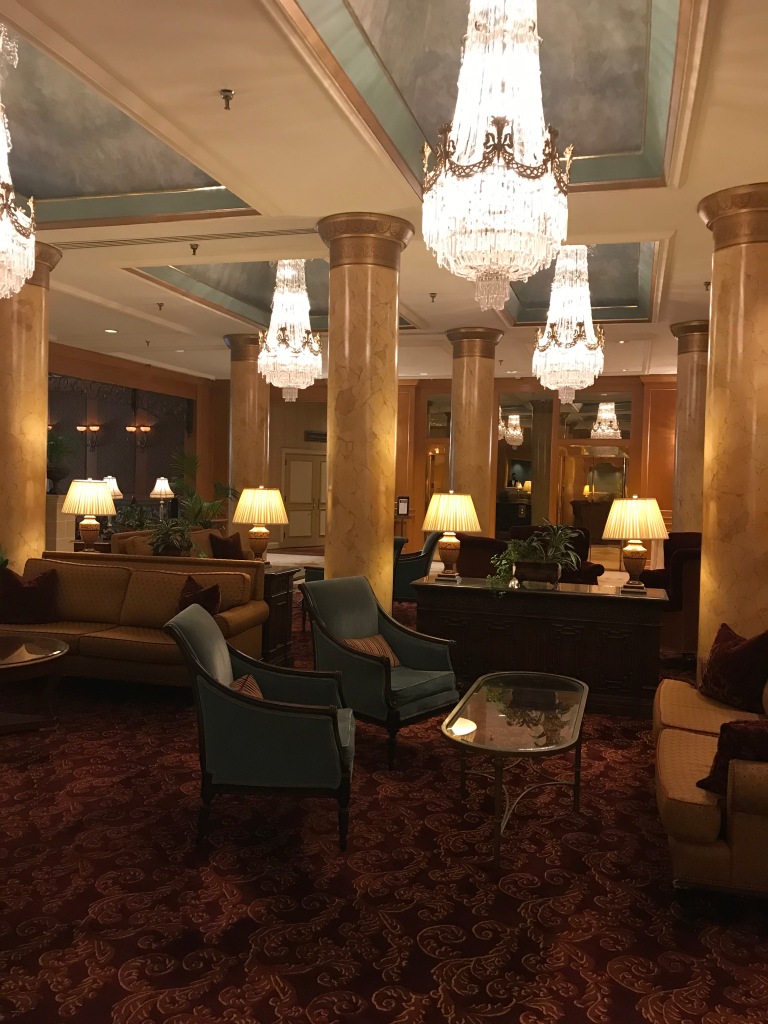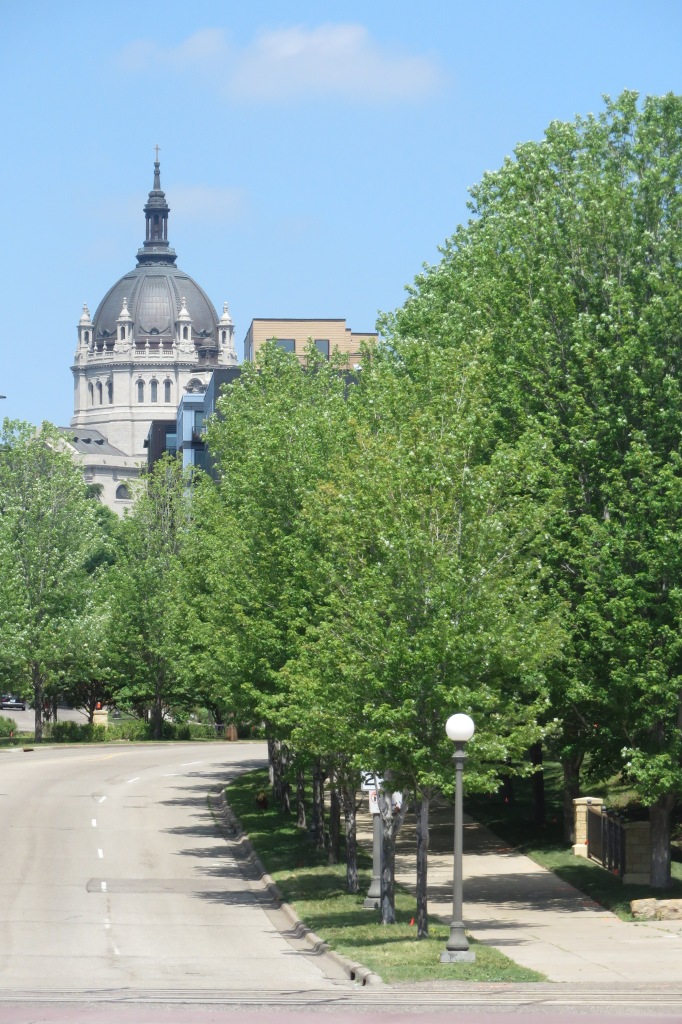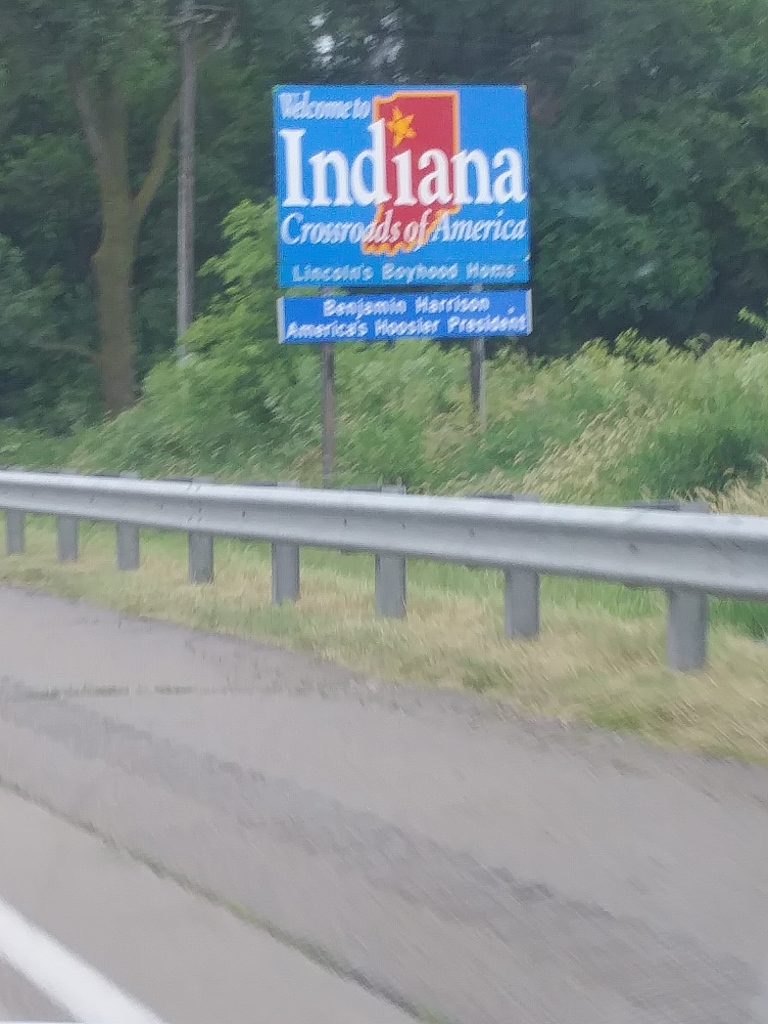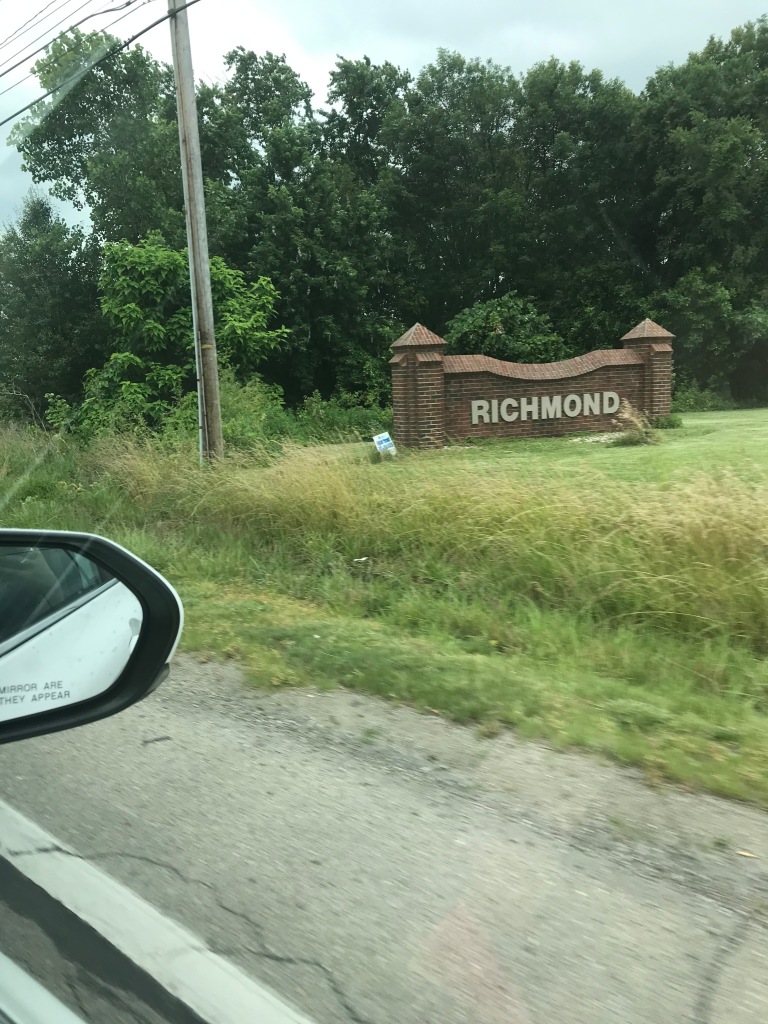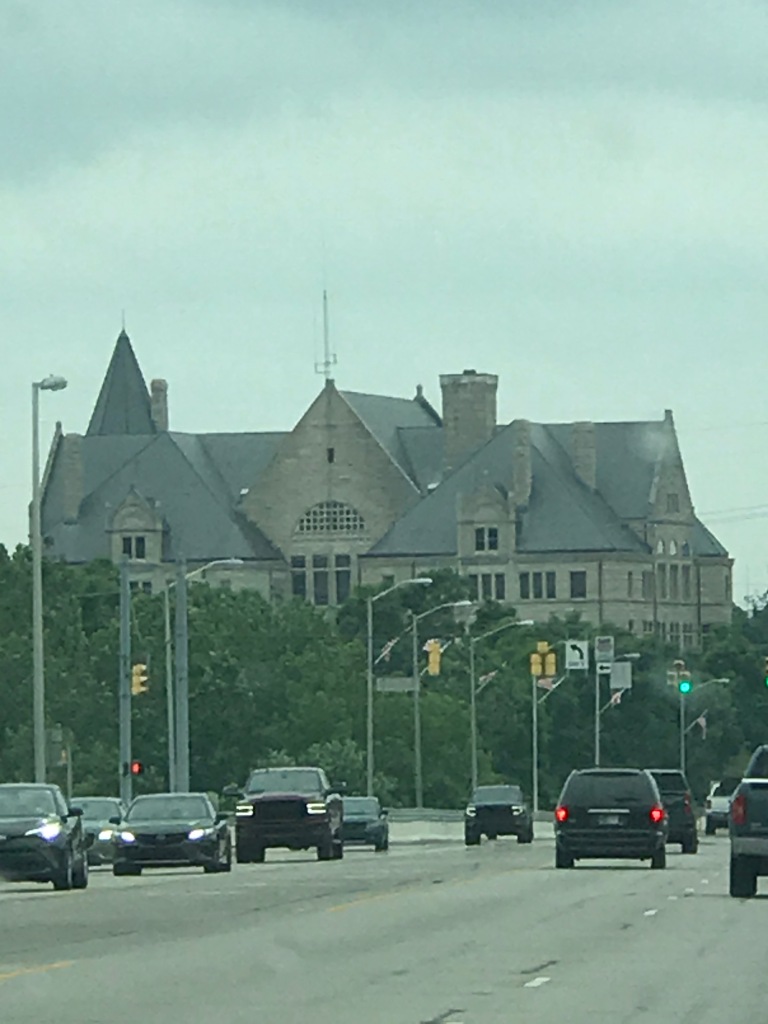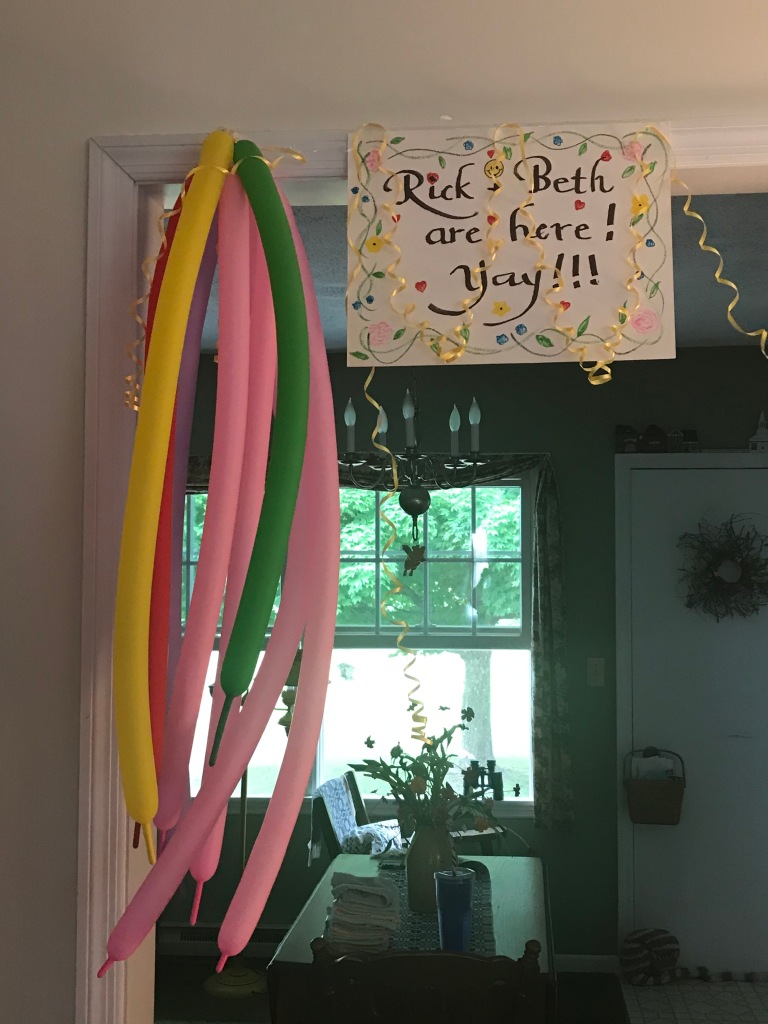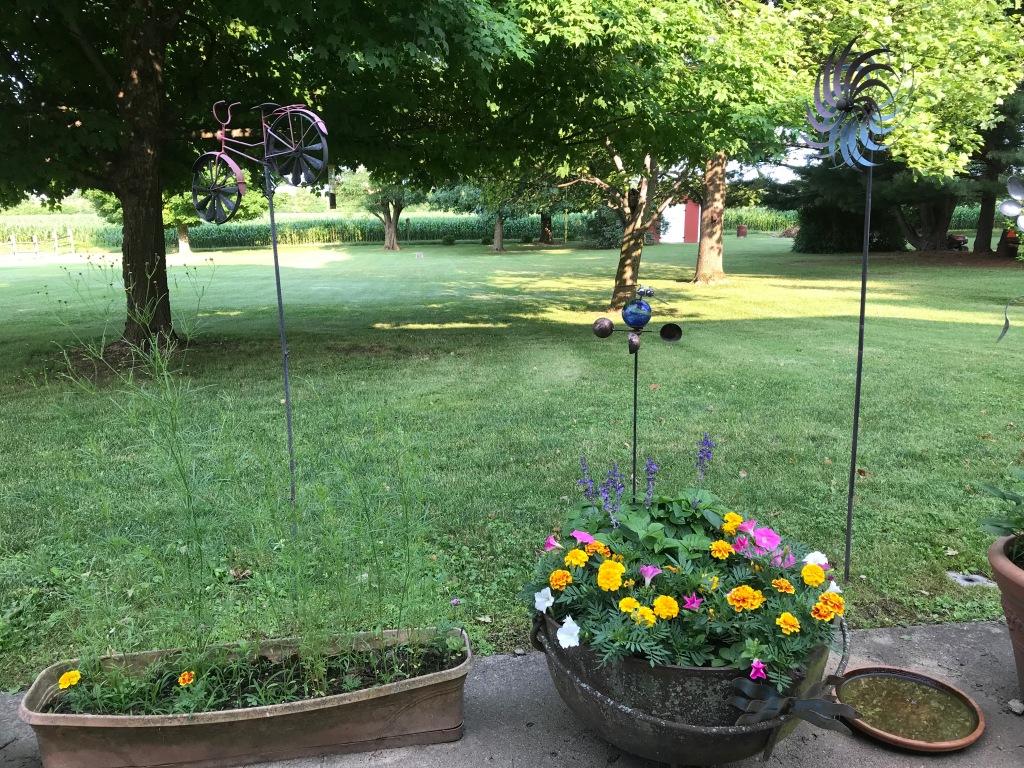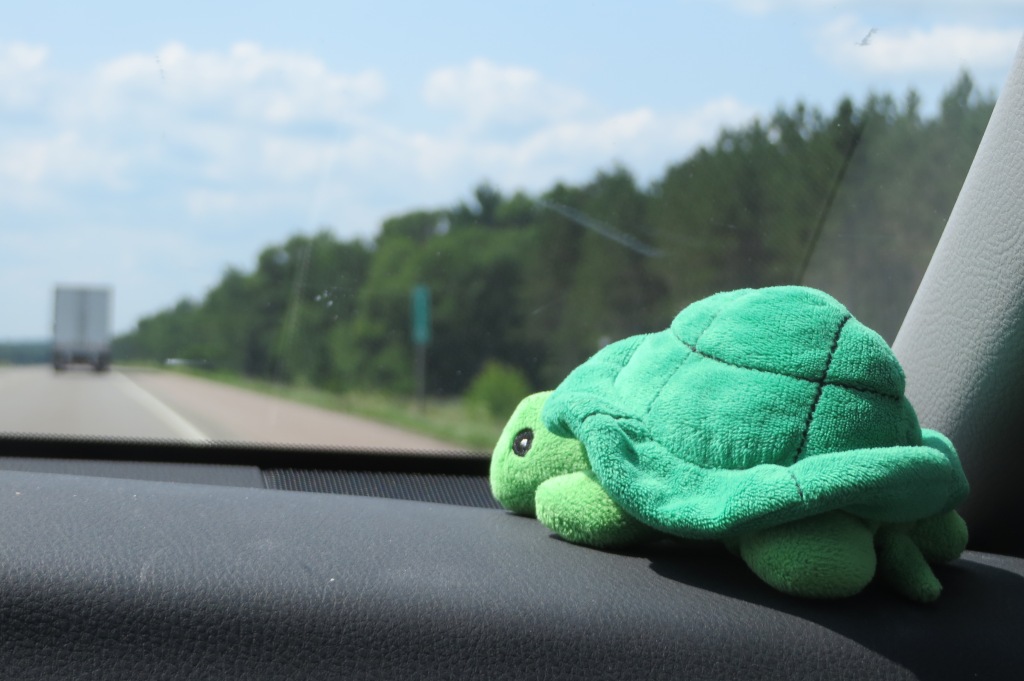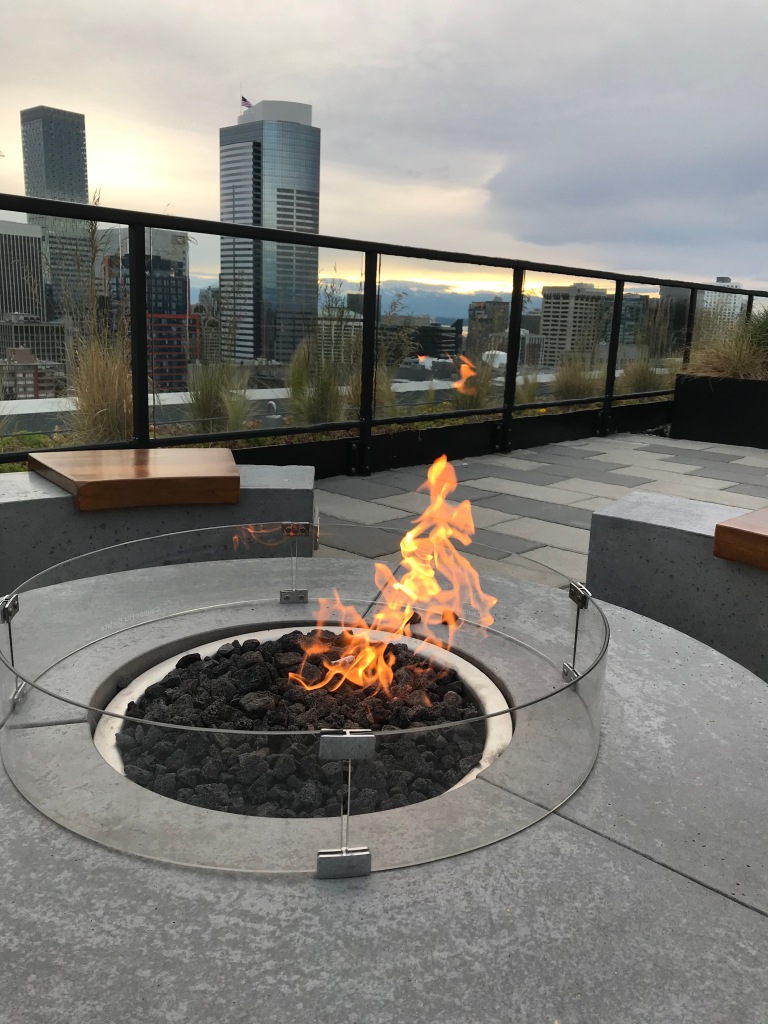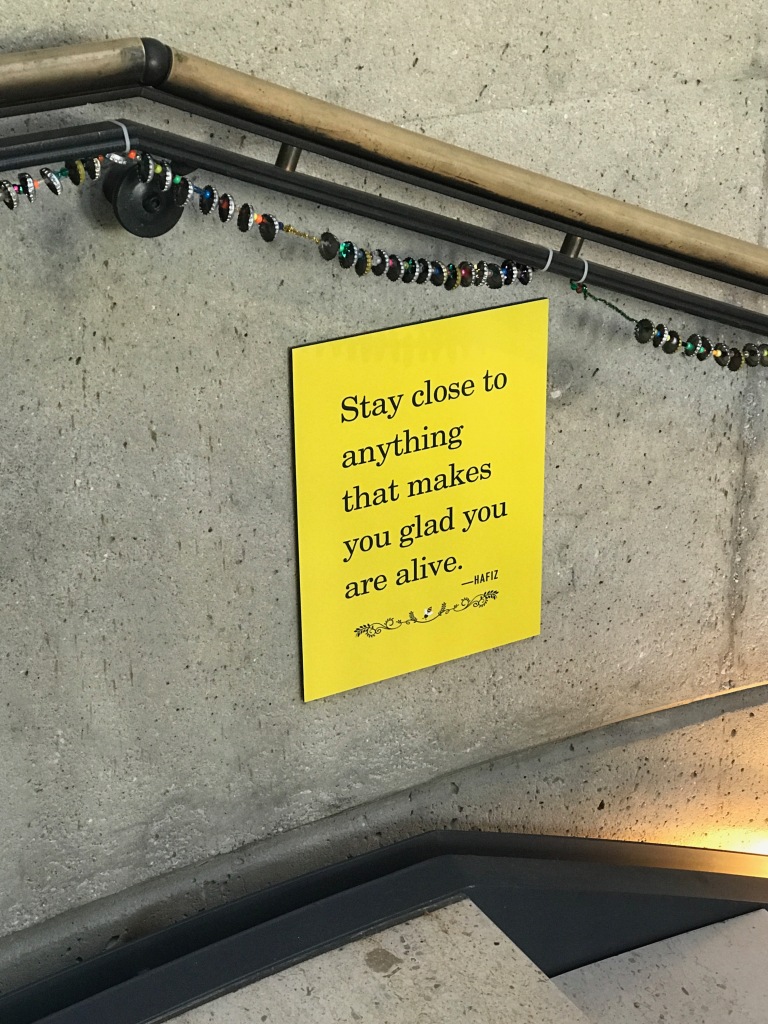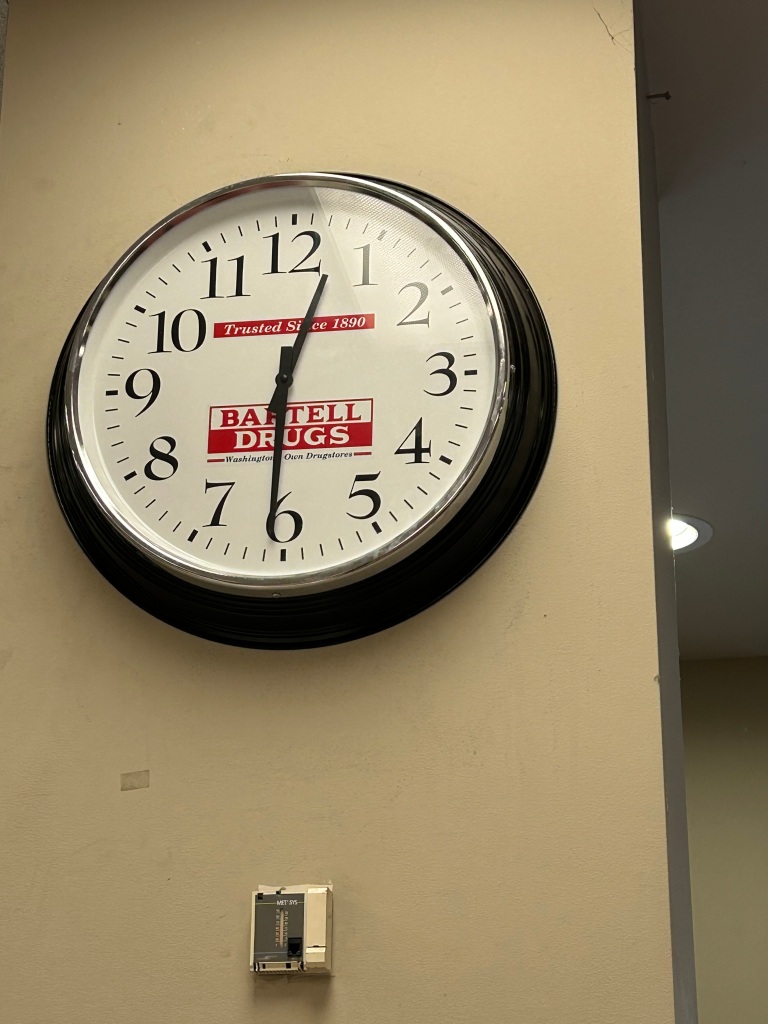
Headline news in our part of First Hill is that the local Bartell Drugs at the corner of Madison and Boren is closing in a few days. Between this and our old apartment building having turned to dust, I’m feeling like a crotchety old crone, longing for yesteryear.
Last week when I was entering the Amazon Go that lives beneath Oh La La, I asked the school boy coming in behind me to wait until the gate had closed before he waved himself in with his Amazon phone code in order that his pizza and soda wouldn’t get charged to my account. I said it nicely, not like a Karen at all, but then I heard his friends laughing and saying, “Yeah, Noah. Don’t go in before the gate has closed.” I could tell from the tone and general hilarity in their voices that they were not making fun of this Noah kid but instead making fun of me.
Reader, this was like a stab to my heart. I’ve always liked seeing these Catholic school boys—young men—in their uniforms, with their short hair, politeness when in the company of adults, and look of the future on their faces. On lunch breaks and after school and after basketball practice, we see them at the local eateries, in the above-mentioned drug store, and in Amazon Go, the store that makes you feel like a shoplifter even though you aren’t because there’s no cashier and some kind of magic that alerts Jeff Bezos to what you put into your bag, charges it to your credit card, and then you walk out.
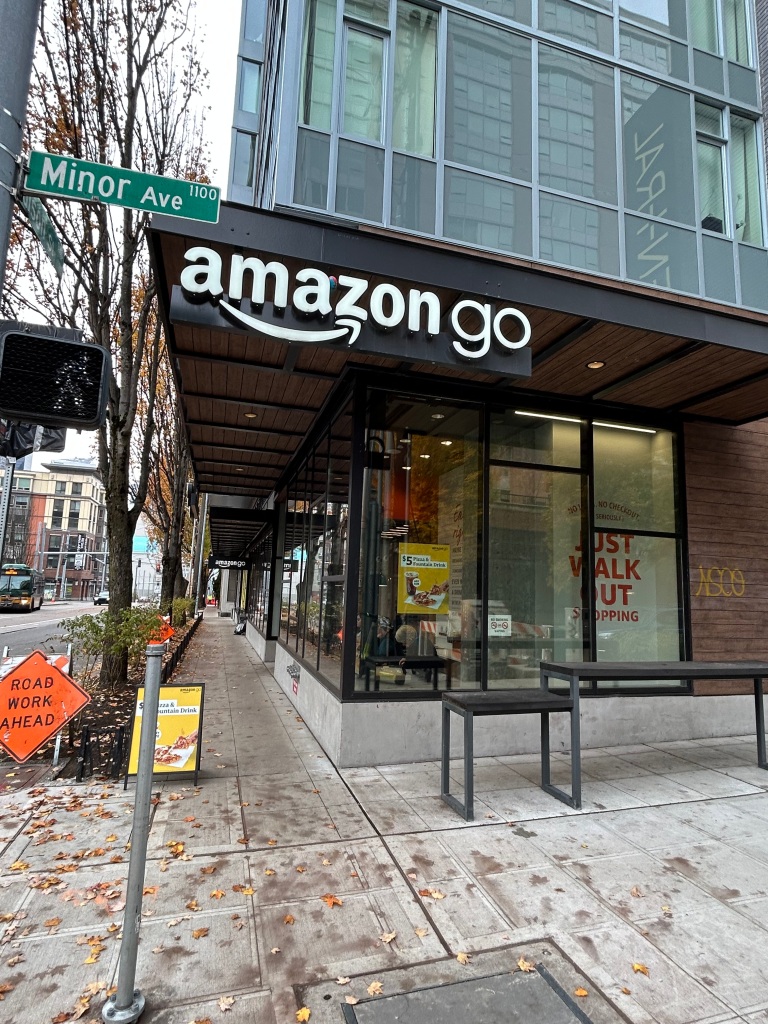
So, I could have ignored them, but instead, it was terribly important to me that I prove to them that I was cool and not a cranky witch. I turned around and said, “So do you not have to wait for the gate to close?” I asked with my eyes big, imploring them to explain the technology to me, even though my goal was not to have it explained but to make sure they knew I was not a person who despises youth.
Noah, bless him, explained very earnestly that it’s not about the gate closing, but once you hear the beep of the next person waving their phone/QR code on the scanner that you know you’re in the clear and all Red Bulls and Skittles will be charged to the next person’s account and not your own.
“Thanks for explaining that to me,” I said before making a beeline to the bakery case, beating them to the iced maple bars before they could clean them out. I’m not sure I softened relations between Gen Z and Gen X—we are, I believe, comrades after all but that’s another blog post—but I like to think at the very least the Karen scoreboard next to my name is still set on zero.
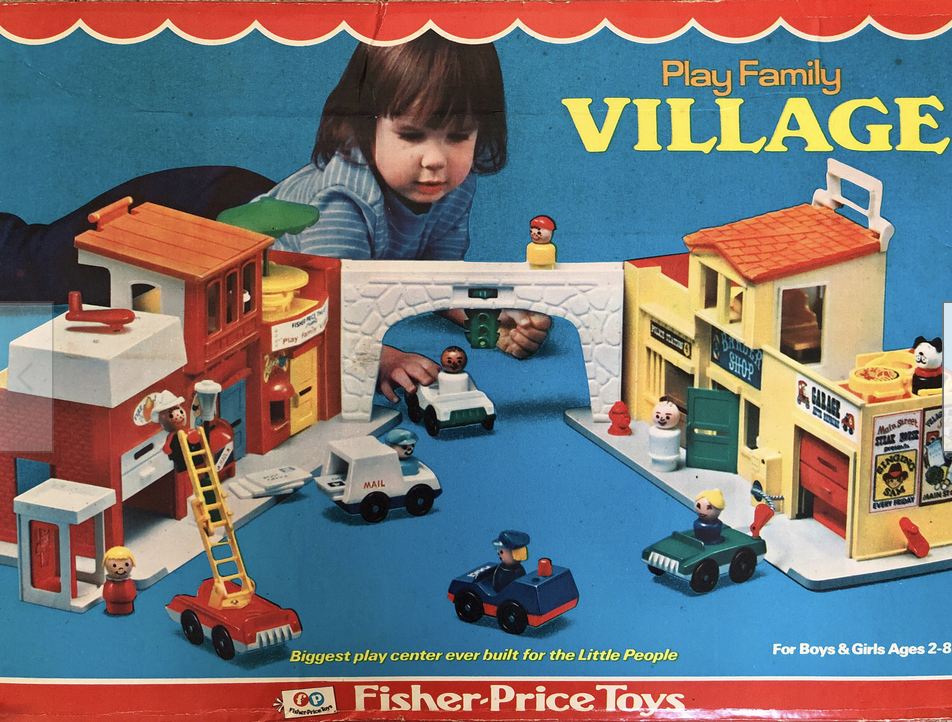
My sense of a neighborhood was created by two things: my Fisher-Price Village when I was six and Richard Scarry’s Busytown books, that featured very busy animals working hard at jobs, often in lederhosen. When I first started visiting Z in Seattle 17 years ago, I thought Seattle was where he lived, but after moving here myself and feeling less and less pull downtown unless I wanted something specific (a ferry ride, a trip to Target, the Seattle Art Museum, or a movie), we really lived on First Hill. As per those two sections of my Fisher-Price Village that unfolded and made a city block, the only things we don’t have up here are our own U.S. Post Office or a jail.
Other than the local hospitals, the great class equalizer up here has always been Bartell Drugs, which stands on the corner of Madison and Boren. You could be standing in line behind a person who had just been asking for money on the street three minutes ago and in front of members of the University Club next to Oh La La, all while nurses and doctors from the neighboring hospitals look for lunch options in the aisles.
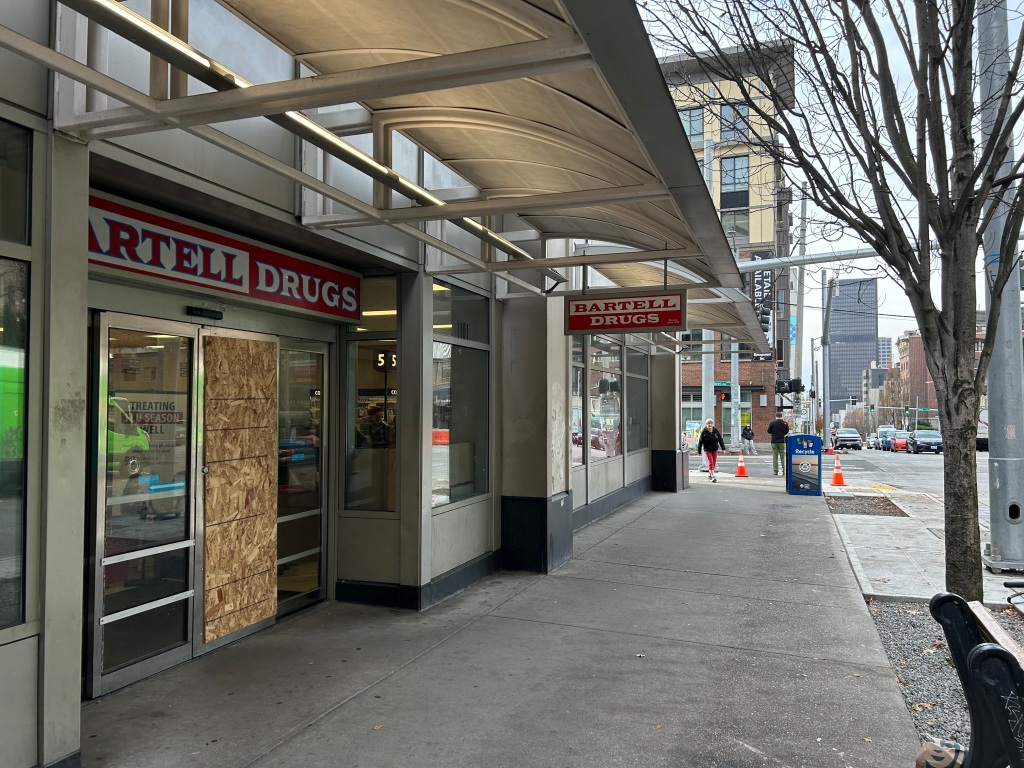
Bartell was originally a local chain that reportedly treated its employees well, offered local brands, and manage to have everything in the store that Z and I needed: our prescriptions, sure, but also toilet paper, Scotch tape, Beecher’s cheese, shower curtains, plungers, socks, bananas, necessary seasonal items, and Oberto beef jerky. Over the last 17 years, I don’t even want to guess how much money we’ve spent there when we “just run in” for one thing. If our grocery disappeared, we could get by with Bartell for awhile before needing to find a different place to buy fresh fruit and chicken breasts.
For the record, my mother has been lamenting the loss of her beloved Hook’s Drugstores—an Indiana staple—since 1985. She was inconsolable when the news came that they were closing, and I didn’t understand at the time because I’d just graduated from high school and thought national chains were always better than local ones. More stuff. Cheaper stuff. More locations. (I did not take an economics class in school and thus knew nothing about end stage capitalism or the corporate machine.) Now I understand her sadness.
Over the years, we’ve gotten to know some of the clerks and pharmacists at Bartell. By “know” them, I don’t mean we’ve had them over for drinks, or are hip to anything about their lives outside of where they work, or even, often their names. When we walked by the building, we might see “Mort” outside on his breaks, stroking his greying beard, eating a snack he’d just purchased, and listening to music on his iPod. We’d wave and say hi, and he would smile with recognition. (“Mort” was a favorite of mine because one day I was in line at the photo counter where he checked customers out sometimes when he denied Governor Inslee a plastic bag in which to put a bouquet of dripping flowers because the city’s plastic bag ban had just gone into effect. His Honor looked disappointed —despite his approval of the ban—as he stood there in his suit, daisies dripping on the floor.) Another clerk—a young guy that had “manager potential” written all over him— had a fancy sports car that he parked out back, and we’d keep track of whether he was at work or away from work on our daily walks.
We often didn’t know their names and so called them (amongst ourselves) Gravelly Voice, Round Faces (two women who appeared to be related), Beardy Guy, and The Crab. If they wore a name tag, we learned their names, but we aren’t either of us extroverted enough to ask or introduce ourselves. Some days, when I first moved here, the clerks were the only people I saw regularly other than Z. The best day was when the man checking me out noticed my last name and and said that was his partner’s last name and so we talked about lesser Irish names and Irish American-ness.
The Pandemic was not kind to our Bartell but not necessarily because of the virus. At least not directly. The family who started the stores in 1890 sold the chain to Rite-Aid in 2020. There were other mitigating factors like the protests that took place in the city after George Floyd was killed, increasing tensions between the police and the local citizenry. The police force shrank and in addition to fewer cops being available, it felt as if law enforcement desire to help out on non-violent crimes evaporated. Suddenly, in a store where we’d never once witnessed shoplifting we were now seeing people walk in with backpacks, fill their shopping lists, and walk out. We saw people come in and clear an entire shelf and walk out. And in one instance, Z saw a man get a box of Hefty trash bags off the shelf, open it, pull out one bag, throw the box in the bag, and proceed to shove whatever was within reach into it. And walk out.
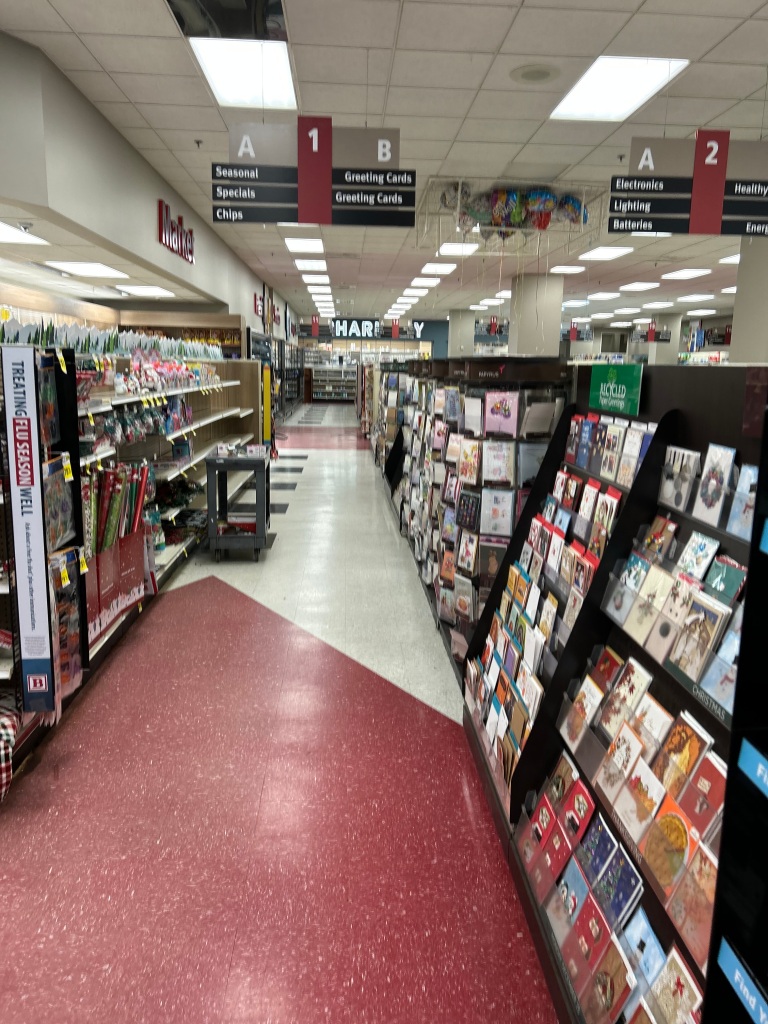
The store hasn’t been the same for awhile. It got the smell of Rite-Aid on it once it sold. The products weren’t the same. Even the labels on our prescriptions were different, with a phone number that was impossible to read when you wanted a re-fill, almost as if they hoped you wouldn’t bother them. The brands changed so there was more and more Rite-Aid generic and suddenly we were witness to more altercations between clerks and angry customer-shoplifters. Eventually a series of security guards were hired with uneven success as many were primarily interested in their phones and not the folks walking in and walking out with the stores wares. Last week, Z happened to get locked in the store when a tiny, fiery female security guard wouldn’t let the man who had ice cream shoved under his coat leave. He shouted that he needed ice cream, and the security guard shouted back, “No one needs ice cream!” He gave up on the ice cream but not before getting melted ice cream on her uniform from a pint he’d—apparently—stolen from some other place. Maybe no one needs ice cream, but he clearly had a strong desire for it.
So it’s not always pleasant at Bartell, but it’s been ours. And handy. I was over there this week three times in an attempt to get a prescription filled, and it wasn’t a huge inconvenience because it’s right across the street. It turns out “close” and “nostalgia” are the things that keep us loyal customers.
Rite-Aid filed for bankruptcy earlier this year, and we breathed a sigh of relief when we discovered our store wasn’t on the chopping block. It made sense that it would stay in business. It’s the only big chain pharmacy in our radius where we’re surrounded by hospitals. Then five days ago we found out ours was closing in a little over a week. We were dumbfounded.
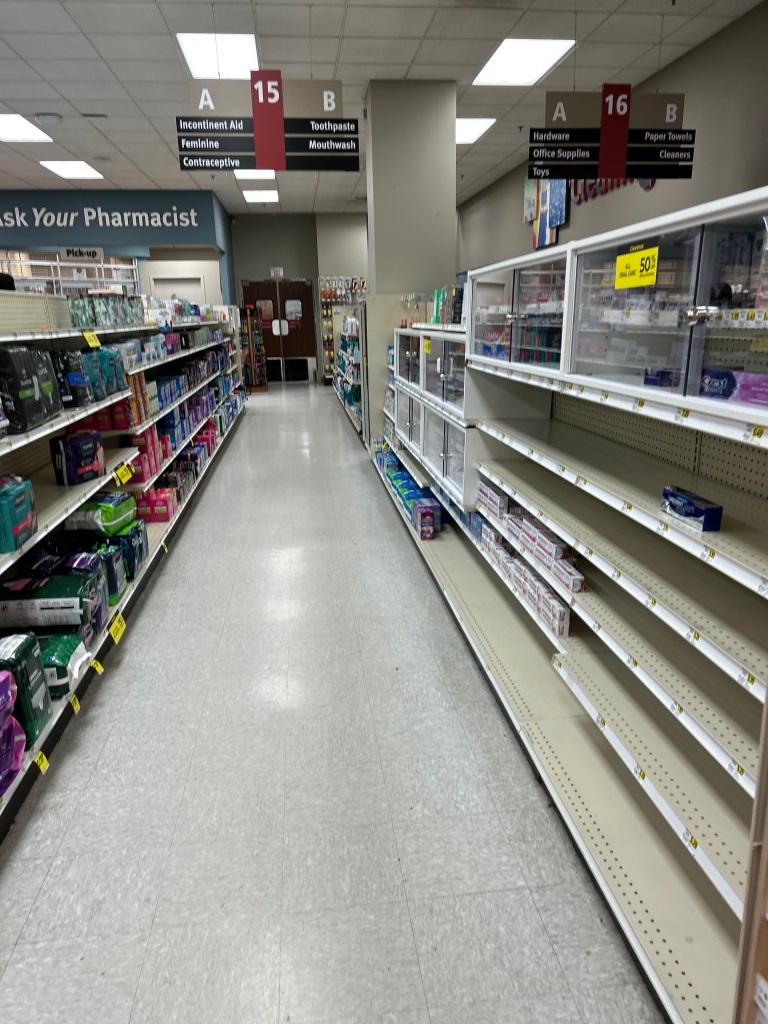
Today I went over to get toilet paper and it was a chock full of people, the line at the registers snaked deep into the shampoo aisle. The toilet paper was gone, but I did manage to score two big bottles of laundry detergent, two roles of Scotch tape, and two boxes of Dots. There were other things I should have been getting, but I couldn’t think straight. I was reminded of all the afternoons I’d wander over to Bartell to buy new nail polish when I’d had to quit my teaching job in Indiana, was in a funk, and new nail polish seemed like a salve. (It wasn’t.) I was remembering how Z and I pieced together early Christmas decor with day-after sales of leftover holiday doo-dads. How I’d stood in the greeting card aisle picking out greetings and postcards for people back home that I missed in those earliest days here.
Bartell is like the EPCOT of cashiers, with all ages and races checking people out, and it has been such a good reminder of what I love about living in a big city. All of humanity working together with the common goal of giving us our goods, receiving our money and getting us out the automatic door. I was hoping “Anne” would be there so I could say goodbye. She’s one of our favorites. Some days she greets us like she knows us and others she’s all business. She strikes us as someone who we would really like to know but we’re kind of terrified to engage too much lest it be one of the days when she just wants us to pack up our purchases and leave. We’ve felt weirdly bonded to her since election night seven years ago when Z sidled up to her register with a bottle of $5 champagne.
“We’re going to toast Hillary tonight!” he said, with a smile on his face. That morning he’d asked me if he should wear “suffragette white” to celebrate the day. We had no question about on whom the confetti and balloons would be falling later that night. The world was changing for women and we both felt excited about it.
“Anne” rang up the champagne and said, “I don’t know,” and shook her head. In the moment Z assumed she was just being cautious, but by the end of the evening, we were keenly aware that we hadn’t been paying attention to the right people during the election cycle. Ever since then, we’ve looked at her with reverence. She imagined what we could not, probably because she understood things about America that I’d never had to as a citizen and Z had never wanted to as a Zimbabwean making his home here. I wish we’d tried harder to extrovert around “Anne” and find out what she was thinking about things besides the weather and how busy or quiet the store was for the day. And now it looks like we won’t even get a chance to say goodbye.
Today while I stood in line to buy my six 50% off items, an older lady walked up to me and said, “I’ve lived in Seattle all of my life. Bartell is supposed to be here.” She shook her head and looked stupefied. A guy in front of me turned around and said, “Bartell is closing?” He looked as if I’d kicked him in the gut (though I’m still trying to piece together what excuse he had made for all the empty shelves).
Some people might think this is no big deal. In fact, there is another, bigger Bartell that isn’t closing only six blocks from our house. But it is above a busy grocery, in a busy shopping complex, and it doesn’t feel like a neighborhood store. I don’t want to walk there three times in the same day. Also, how long before Rite Aid decides to pull the plug on it too?
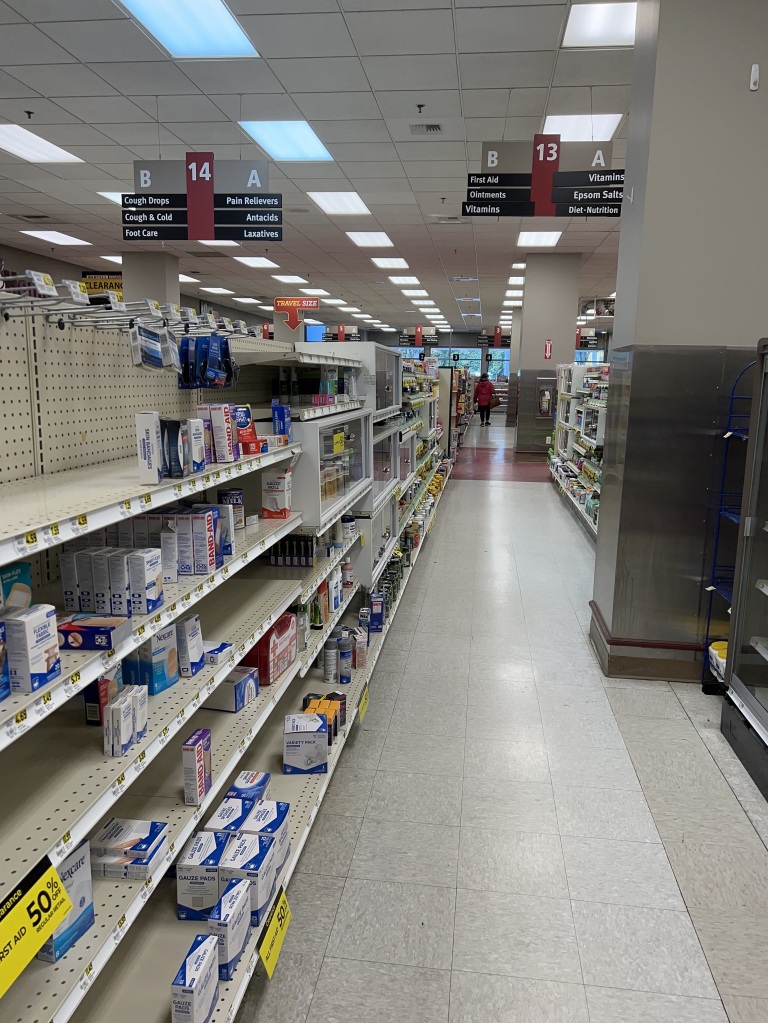
We’ve decided we’ll go there to do some shopping, but as for our pharmaceutical needs, we’re trying a tiny, independent pharmacy four blocks away where there is a friendly staff, tables and chairs to sit in while you wait, snacks, greeting cards, and things you didn’t know you needed like tiny reading glasses that fold up on themselves and scarves with pockets on the ends. On Friday, we both went there to get vaccines. It wasn’t Bartell, but Z said it reminded him of the “chemists” in Zimbabwe, and so now I guess it’s our new local.
Maybe nobody needs a Bartell across the street, but we sure are going to miss it.
